The Threesome Take a Trip P3 & The Supreme Courts Grant Presidential Immunity
🙂 🙂 🙂 The threesome takes a trip to visit Ann & Min, old friends of Grandpa John & Grandma Ing Part 3 🙂 🙂 🙂
and The Supreme Court’s Grant Presidential Immunity
Ann brings The Game of MAH JONG to show us. The pieces are made of Ivory and bamboo.
Then she shows the kids a container and ask them to open it and tell her what it is for.
The kids managed to dissemble the container.
Ann tells the kids that it is a food container. When I was in grammar school, I used this kind of container to put the food for my lunch.
After that, Ann brings the other gadget that she has. It is an old ice crusher.
Ming comes to show the kids how to remove the part that contains the crushed ice.
The kids having a good time playing with the hand wheel crushing the ice.
Ann is very enthusiastic as she listens to Bodhi’s questions.
I asked John to take one or two shots of me for the record, while I was also joining these activities.
I ask Ann and Myles to take photos with me. I did not see Min, he probably busy, doing something somewhere else.
After the children had their favorite treats and played with Ann’s old treasures trove, they came to the living room to play with the Siamese Cat who enjoys lying on the floor.
Little Bodhi wants to touch the cat gently.
All three children are enjoying playing with the cat.
Suddenly Ann and Min’s little cue dog walks into the living room, joining in with the gang.
More company make the play more fun.
Ann came to join the kids comforting the cat.
Little Bodhi was brave enough to have a conversation with an adult, as Ann generously and gently responds to the young one.
John comes in join the gang and takes the opportunity to capture the lovely moments of Ann stroking the cat as the kids watch the reaction of the passive cat.
Myles comes in to join the kids, the cat, his parents, and John and I.
All the adults come to watch the children, and enjoy seeing them having a good time. The main interest of the adults is always the well-being and happiness of children.
While I am recording the video, I catch myself in the mirror with Bodhi, Ann and Kai.
I see Ann and Min’s, “THE NEWYORKER”, magazine, issued on July 22, 2024, laying on the small table nearby.
Grandpa John looks at THE NEWYORKER magazine cover with sadness.
I think to myself, “How can the majority of US Supreme Court Justices stoop this low? What does Justice mean? Are they the justices for all, or only for the political benefit of a few? Are my Grandsons and the younger generations to come going to live with fairness? Where is Democracy? I never expected this will happen in this twenty first century. How can the United States of America claim that it is a developed and civilized society when the majority of the Supreme Court Justices behave this way? Are we going to accept it and let younger generations suffer? The children will ask us, why didn’t you fight for us???”
Preserve Democracy for Ourselves,
For Younger Generations and The World.
Grandma Ing,
Ing-On Vibulbhan-Watts, Tuesday, September 10, 2024
The following is one of the articles in THE NEWYORKER magazine, issued on July 22, 2024:
The following are articles, related to The US Supreme Court, issued a 6-3 decision in Trump v. United States on Monday, July 1, 2024 providing broad presidential immunity.
People also ask
What is the Supreme Court ruling on presidential immunity?
Does a president have absolute immunity?
Do US Supreme Court justices have immunity?
What is the Supreme Court absolute immunity?
23-939 Trump v. United States (07/01/2024)
Supreme Court of the United States (.gov)
https://www.supremecourt.gov › opinions
Jul 1, 2024 — Trump moved to dismiss the indictment based on Presidential immunity, arguing that a President has absolute immunity from criminal prosecution …
119 pages
Related topics
Supreme Court of the United States
Lower court
Sonia Sotomayor
Legal immunity
Trial court
Justice Sotomayor describes crying after some Supreme Court decisions
By John Fritze, CNN
Published 11:07 PM EDT, Fri May 24, 2024
In this October 2023 file photo, Supreme Court Justice Sonia Sotomayor attends an event at the National Portrait Gallery in Washington, D.C.
Jonathan Ernst/Reuters/File
CNN —
Justice Sonia Sotomayor, the most senior liberal on the conservative Supreme Court, told an audience at Harvard University on Friday that she sometimes cries after the court hands down its decisions – and she suggested there may be more tears ahead.
“There are days that I’ve come to my office after an announcement of a case and closed my door and cried,” Sotomayor told the Radcliffe Institute for Advanced Study at Harvard University, where she received an award Friday. “There have been those days. And there are likely to be more.”
Sotomayor made the remarks as the Supreme Court turns toward the final weeks of a term in which the justices will decide a number of high-profile controversies, including former President Donald Trump’s claim of immunity from federal election subversion charges and two major cases dealing with abortion.
The court is set to hand down those decisions and dozens of others by the end of June. Sotomayor did not discuss specific cases in her remarks.
Top of Form
Bottom of Form
Sotomayor has previously discussed her “frustration” with the court’s direction. Speaking at the University of California, Berkeley School of Law earlier this year, she said she lived with that frustration and that “every loss truly traumatizes me in my stomach and in my heart.”
“But I have to get up the next morning and keep on fighting,” she said.
But her remarks, while generally upbeat, were also more poignant on Friday.
“There are moments when I’m deeply, deeply sad,” she said at Harvard. “And there are moments when, yes, even I feel desperation. We all do. But you have to own it. You have to accept it. You have to shed the tears, and then you have to wipe them and get up and fight some more.”
As often happens this time of year, most of the opinions the court has issued have been unanimous – or have split along non-ideological lines. But that is partly because the court tends to handle less controversial issues first and deal with the most politically or legally fraught opinions at the end of June.
In recent terms, the court has issued several landmark decisions that have broken along ideological – or near ideological – lines, including the overturning of Roe v. Wade in 2022, a decision that same year that expanded gun rights and a ruling last year that gutted affirmative action policies in college admissions.
Earlier this week, Sotomayor joined a sharply worded dissent authored by Justice Elena Kagan in a major redistricting case. The court upheld a pro-Republican congressional map in South Carolina and rejected an argument from civil rights groups and a lower court that lawmakers impermissibly used race as a proxy to bolster the GOP’s chances.
The decision was 6-3 along conservative-liberal lines.
Supreme Court Grants Trump Broad Immunity for Official Acts, Placing Presidents Above the Law
Case: Trump v. United States
Affiliate: ACLU of Washington, D.C.
July 1, 2024 11:45 am
PBS News, ACLU of Washington, D.C., CNN
ACLU Affiliate
ACLU of the District of Columbia
Media Contact
125 Broad Street
18th Floor
New York, NY 10004
United States
WASHINGTON — The Supreme Court today ruled that former President Trump is at least presumptively immune from criminal liability for his official acts, and is absolutely immune for some “core” of them — including his attempts to use the Justice Department to obstruct the results of the election. With respect to Trump’s other actions, the court left to the lower courts much of the work required to determine which are immune and which are not. At bottom, though, the court’s 6-3 majority freed presidents to use their official powers to engage in criminal acts substantially free of accountability.
The court granted absolute immunity to President Trump’s use of the Justice Department for fraudulent purposes. With respect to other allegations in the indictment, it sent the case back to the lower courts to determine whether actions for which former President Trump has been charged were official acts or personal acts, and whether the government can rebut the presumption that former President Trump is immune for those official acts. The court did reject former President Trump’s claim to absolute immunity for all acts unless convicted after an impeachment trial, characterizing its ruling as endorsing a “far broader immunity than the limited one” the court “recognized” today.
The American Civil Liberties Union and ACLU of the District of Columbia filed a friend-of-the-court brief arguing that the U.S. Constitution and decades of Supreme Court precedent support the principle that nobody is above the law — even the president. While the court found that a president’s actions as a private individual are not immune to criminal prosecution, it held that presidents do have substantial immunity for their official actions – even when undertaken for personal ends and criminal purposes.
“On purely partisan lines, the Supreme Court today for the first time in history places presidents substantially above the law. It ruled that former President Trump cannot be prosecuted for deploying Justice Department officials to pursue his own criminal ends. And with respect to other presidential actions, it announces ‘presumptive immunity,’ and offers only a vague and unworkable standard that is likely to mire the case against former President Trump in years of litigation without holding him accountable for his criminal conduct in resisting the peaceful transfer of power,” said ACLU National Legal Director David Cole. “The opinion also sits like a loaded weapon for Trump to abuse in the pursuit of criminal ends if he is reelected.”
While the court rejected President Trump’s most expansive and categorical claim of absolute immunity, it granted him substantial immunity for criminal conduct, including all crimes he committed by attempting to enlist Justice Department officials. And it leaves open many questions about when and for what conduct presidents will be immune from criminal prosecutions, in this case and into the future. The decision sets a dangerous precedent by giving presidents legal cover to break the law when even arguably using their formal powers to do it. And by concluding that former President Trump’s alleged directions to the Department of Justice are absolutely immune, and that his conversations with former Vice President Pence are presumptively immune, the court has not only obstructed accountability for Trump, but freed future presidents to act above the law when using their official powers.
The ACLU’s brief argued that while it has long been recognized that presidents cannot be prosecuted criminally in office, even presidents themselves have recognized that they can be prosecuted after leaving office. That is why President Gerald Ford deemed it necessary to pardon President Richard Nixon in 1974 following the Watergate scandal – a pardon that would have been unnecessary were Nixon immune from criminal prosecution.
“Our nation, including the District of Columbia, is governed by the rule of law, not kings,” said Monica Hopkins, executive director of the ACLU of the District of Columbia. “As we stated in our brief, there are few propositions more dangerous in a democracy than the notion that an elected head of state is above the law. Upholding the rule of law protects individual rights and prevents abuse of power by ensuring equal treatment and accountability. The Constitution does not give the President a special license to violate criminal law. Today’s ruling substantially undermines the ability to hold elected officials accountable and threatens longstanding principles undergirding our democracy.”
The ACLU’s brief warned that there are “few propositions more dangerous” in a democracy than the notion that an elected head of state is above the law, and urged the Supreme Court to reject this extraordinary assertion.
“The President’s accountability to the law is an integral part of the separation of powers and the rule of law. If the President is free, as counsel for the former President argued below, to order the assassination of his political opponents and escape all criminal accountability even after he leaves office, both of these fundamental principles of our system would have a fatal Achilles’ heel,” the brief reads.
The ACLU’s brief in Trump v. United States is part of the ACLU’s Joan and Irwin Jacobs Supreme Court Docket.
The Supreme Court’s decision is available here: https://www.supremecourt.gov/opinions/23pdf/23-939_e2pg.pdf
Source: American Civil Liberties Union
https://www.aclu.org/cases/trump-v-united-states
ACLU Brief Urges Supreme Court to Reject Trump Immunity Claims
https://www.aclu.org/press-releases/aclu-brief-urges-supreme-court-to-reject-trump-immunity-claims
Case: Trump v. United States
Affiliate: ACLU of Washington, D.C.
April 8, 2024 5:00 pm
ACLU Affiliate
ACLU of the District of Columbia
Spokesperson
Media Contact
125 Broad Street
18th Floor
New York, NY 10004
United States
WASHINGTON — The American Civil Liberties Union and ACLU of the District of Columbia filed a friend-of-the-court brief today in the Supreme Court in Trump v. United States, arguing that former President Trump is not immune from criminal prosecution, and that the U.S. Constitution and decades of Supreme Court precedent support the principle that nobody is above the law — even the president.
In Trump v. United States, former President Trump is asking the Supreme Court to rule that he cannot be held criminally liable for any official acts as president, even after leaving office. But the ACLU’s amicus brief explains that this view is unsupported by the text and history of the Constitution, and contrary to the separation of powers.
“Allowing former presidents to skirt accountability for criminal acts would effectively place them above the law. That result would embolden authoritarians and encourage corruption at the highest levels of government,” said ACLU National Legal Director David Cole. “The United States does not have a king, and former presidents have no claim to being above the law. A functioning democracy depends on our ability to critically reckon with the troubling actions of government officials and hold them accountable.”
The brief argues that presidents have long recognized that while presidents cannot be prosecuted criminally while in office, they can be prosecuted after leaving office. That is why President Gerald Ford deemed it necessary to pardon President Richard Nixon in 1974 following the Watergate scandal – a pardon that would have been unnecessary were Nixon immune from criminal prosecution.
Trump himself, while in office, twice took the position that he could be prosecuted criminally after leaving office. But now that he actually faces those charges, he has reversed his prior position. No other president has asserted that presidents can never be prosecuted for official acts that violate criminal law.
“Few principles are more dangerous to our freedoms and rights than Donald Trump’s view that the highest office in our government is the least accountable,” said Scott Michelman, Legal Director, ACLU of the District of Columbia. “Public accountability is essential to maintain our democracy. We urge the Supreme Court to reject the frightening assertion that presidents are above the law.”
The brief warns that there are “few propositions more dangerous” in a democracy than the notion that an elected head of state is above the law, and urges the Supreme Court to reject this extraordinary assertion.
“The President’s accountability to the law is an integral part of the separation of powers and the rule of law. If the President is free, as counsel for the former President argued below, to order the assassination of his political opponents and escape all criminal accountability even after he leaves office, both of these fundamental principles of our system would have a fatal Achilles’ heel,” the brief reads.
The ACLU’s brief in Trump v. United States is part of the ACLU’s Joan and Irwin Jacobs Supreme Court Docket.
The Supreme Court just gave presidents a superpower. Here’s its explanation
Analysis by Zachary B. Wolf, CNN
Updated 2:00 AM EDT, Tue July 2, 2024
A version of this story appears in CNN’s What Matters newsletter. To get it in your inbox, sign up for free here.
CNN —
With its immunity ruling on Monday, the Supreme Court granted former President Donald Trump’s wish of all but guaranteeing that his criminal trial for trying to overturn the 2020 presidential election will not go to trial before the 2024 election in November.
It also granted presidents in general a definitive “absolute immunity” from prosecution for core official acts and said presidents should be presumed immune for a much more expansive list of acts.
Related article Takeaways from the Supreme Court’s historic decision granting Donald Trump munity
In the view of the majority comprised of the six conservative justices on the court, the decision does not place presidents in general, and Trump in particular, above the law. But the three liberals dissented with a warning about how elevating a president will affect American democracy.
The decision has the near-term result of delaying Trump’s trial while a court in Washington, DC, considers which criminal activity that Trump is accused of can be considered “unofficial.” It also has the long-term effect of placing presidents in a different system of justice than other Americans.
Here are key lines from a landmark ruling:
What is this new immunity?
Chief Justice John Roberts explains it in the majority opinion as including absolute immunity for some actions and a presumption of immunity for others.
We conclude that under our constitutional structure of separated powers, the nature of Presidential power requires that a former President have some immunity from criminal prosecution for official acts during his tenure in office. At least with respect to the President’s exercise of his core constitutional powers, this immunity must be absolute. As for his remaining official actions, he is also entitled to immunity. At the current stage of proceedings in this case, however, we need not and do not decide whether that immunity must be absolute, or instead whether a presumptive immunity is sufficient.
Why does a president need this immunity?
So that he can act boldly as president and take actions without fear of later prosecution clouding his judgement, according to the court. Here’s Roberts:
Potential criminal liability, and the peculiar public opprobrium that attaches to criminal proceedings, are plainly more likely to distort Presidential decisionmaking than the potential payment of civil damages.
The hesitation to execute the duties of his office fearlessly and fairly that might result when a President is making decisions under “a pall of potential prosecution,” … raises “unique risks to the effective functioning of government.”
What does it say in the Constitution about presidents getting special immunity?
Nothing. But that’s no problem, according to Roberts.
True, there is no “Presidential immunity clause” in the Constitution. But there is no “‘separation of powers clause’” either. … Yet that doctrine is undoubtedly carved into the Constitution’s text by its three articles separating powers and vesting the Executive power solely in the President.
How far does this immunity extend?
A president gets “at least a presumptive immunity” even for acts “within the outer perimeter of his official responsibility,” according to the court. But it’s careful to add that he gets no immunity for “unofficial acts” – and despite the broad reach of the immunity, the court argues presidents are still accountable.
The President enjoys no immunity for his unofficial acts, and not everything the President does is official. The President is not above the law. But Congress may not criminalize the President’s conduct in carrying out the responsibilities of the Executive Branch under the Constitution.
Are any of the things Trump is accused of in special counsel Jack Smith’s indictment outside this blanket of immunity?
During oral arguments in the case back in April, Trump’s attorney, John Sauer, told Justice Amy Coney Barrett that multiple elements of the indictment would indeed be “private,” or unofficial, acts. These include, for instance, getting an outside attorney to organize slates of false electors.
Barrett, in a concurring opinion on Monday, said she would make clear in the decision what was official versus unofficial. But the majority takes no position and wants the trial court to go through the allegations individually. Trump can then appeal whatever the trial court decides. Here’s Roberts:
… the current stage of the proceedings in this case does not require us to decide whether this immunity is presumptive or absolute. … Because we need not decide that question today, we do not decide it.
Does the majority tell the trial court what might be official or not?
The majority gives quite a bit of detail.
Trump has “absolute immunity” for any instructions or pressure he exerted on his acting attorney general, for instance. Plus, the court won’t allow as evidence any interviews with people who worked in the administration (nullifying much of the evidence gathered by the House select committee that investigated the January 6, 2021, events). And it also won’t let a court consider a president’s motives for taking an action.
Such an inquiry would risk exposing even the most obvious instances of official conduct to judicial examination on the mere allegation of improper purpose, thereby intruding on the Article II interests that immunity seeks to protect.
It’s an open question for the lower court to decide if Trump’s pressure on then-Vice President Mike Pence to disregard the 2020 election results involved “official conduct,” but the Supreme Court put that pressure in the “presumptively immune” category.
We accordingly remand to the District Court to determine in the first instance—with the benefit of briefing we lack—whether Trump’s conduct in this area qualifies as official or unofficial.
The majority thinks Trump’s tweets encouraging people to go to the Capitol and pressure Pence are within the “outer perimeter of his official responsibilities,” but they’re not sure and they expect it will be challenging for the lower court to muddle through these questions.
Why can’t a jury make these decisions?
Juries can’t even consider official acts in terms of a prosecution, according to the Supreme Court.
Allowing prosecutors to ask or suggest that the jury probe official acts for which the President is immune would thus raise a unique risk that the jurors’ deliberations will be prejudiced by their views of the President’s policies and performance while in office. The prosaic tools on which the Government would have courts rely are an inadequate safeguard against the peculiar constitutional concerns implicated in the prosecution of a former President.
So the Supreme Court gave Trump everything he wanted?
It certainly embraced Trump’s theory of immunity and pretty much guaranteed the trial will not happen before the election, although the majority says they were restrained since they rejected his request to completely dismiss the case.
Trump asserts a far broader immunity than the limited one we have recognized. He contends that the indictment must be dismissed because the Impeachment Judgment Clause requires that impeachment and Senate conviction precede a President’s criminal prosecution.
So, there is a special system of justice for presidents?
The president is more than a person, according to Roberts.
Like everyone else, the President is subject to prosecution in his unofficial capacity. But unlike anyone else, the President is a branch of government, and the Constitution vests in him sweeping powers and duties. Accounting for that reality—and ensuring that the President may exercise those powers forcefully, as the Framers anticipated he would—does not place him above the law; it preserves the basic structure of the Constitution from which that law derives.
The majority dismisses warnings about a president operating above the laws as “fear mongering on the basis of extreme hypotheticals.” It’s more important to protect the president from political prosecutions, the court says.
The dissents overlook the more likely prospect of an Executive Branch that cannibalizes itself, with each successive President free to prosecute his predecessors, yet unable to boldly and fearlessly carry out his duties for fear that he may be next. … The enfeebling of the Presidency and our Government that would result from such a cycle of factional strife is exactly what the Framers intended to avoid.
Roberts borrows from Trump’s attorneys when he quotes George Washington’s farewell address, in which he warns about factions. The problem with that particular quote, as I found earlier this year, is that Washington also warned about elevating a person above the law.
Does the court mention the politics of today?
Roberts says the court’s considerations are more far-reaching than what’s happening at the moment.
This case poses a question of lasting significance: When may a former President be prosecuted for official acts taken during his Presidency? Our Nation has never before needed an answer. But in addressing that question today, unlike the political branches and the public at large, we cannot afford to fixate exclusively, or even primarily, on present exigencies. In a case like this one, focusing on “transient results” may have profound consequences for the separation of powers and for the future of our Republic.
Did it say anything about Smith?
The majority did not weigh in on the brewing argument among conservatives that Smith should not even have a job and that his role as a special counsel is unconstitutional. But Justice Clarence Thomas endorsed the idea in a concurring opinion.
In this case, there has been much discussion about ensuring that a President “is not above the law.” But, as the Court explains, the President’s immunity from prosecution for his official acts is the law. … In that same vein, the Constitution also secures liberty by separating the powers to create and fill offices. And, there are serious questions whether the Attorney General has violated that structure by creating an office of the Special Counsel that has not been established by law.
What did Barrett say about alternate electors?
Barrett, a Trump appointee, wrote her own concurrence in which she disagreed with the majority on some key points. She said they could easily have expressed that some of Trump’s conduct was unofficial.
Sorting private from official conduct sometimes will be difficult—but not always. Take the President’s alleged attempt to organize alternative slates of electors. … In my view, that conduct is private and therefore not entitled to protection. … a President has no legal authority—and thus no official capacity—to influence how the States appoint their electors. I see no plausible argument for barring prosecution of that alleged conduct.
What was in the blistering dissent?
Writing for the three liberals on the court, Justice Sonia Sotomayor blasted the majority as inventing an “atextual, ahistorical, and unjustifiable immunity that puts the President above the law.” She said the court makes it difficult to imagine what might be “unofficial” conduct on the part of the president.
In sum, the majority today endorses an expansive vision of Presidential immunity that was never recognized by the Founders, any sitting President, the Executive Branch, or even President Trump’s lawyers, until now. Settled understandings of the Constitution are of little use to the majority in this case, and so it ignores them. … In fact, the majority’s dividing line between “official” and “unofficial” conduct narrows the conduct considered “unofficial” almost to a nullity.
The majority “pays lip service” to the idea that presidents are not above the law “but it then proceeds to place former Presidents beyond the reach of the federal criminal laws for any abuse of official power.”
How far does Sotomayor say presidents can now go?
As far as they want, she says.
The President of the United States is the most powerful person in the country, and possibly the world. When he uses his official powers in any way, under the majority’s reasoning, he now will be insulated from criminal prosecution. Orders the Navy’s Seal Team 6 to assassinate a political rival? Immune. Organizes a military coup to hold onto power? Immune. Takes a bribe in exchange for a pardon? Immune. Immune, immune, immune.
… Even if these nightmare scenarios never play out, and I pray they never do, the damage has been done. The relationship between the President and the people he serves has shifted irrevocably. In every use of official power, the President is now a king above the law.
Sotomayor ends her missive like this:
Moving forward, however, all former Presidents will be cloaked in such immunity. If the occupant of that office misuses official power for personal gain, the criminal law that the rest of us must abide will not provide a backstop.
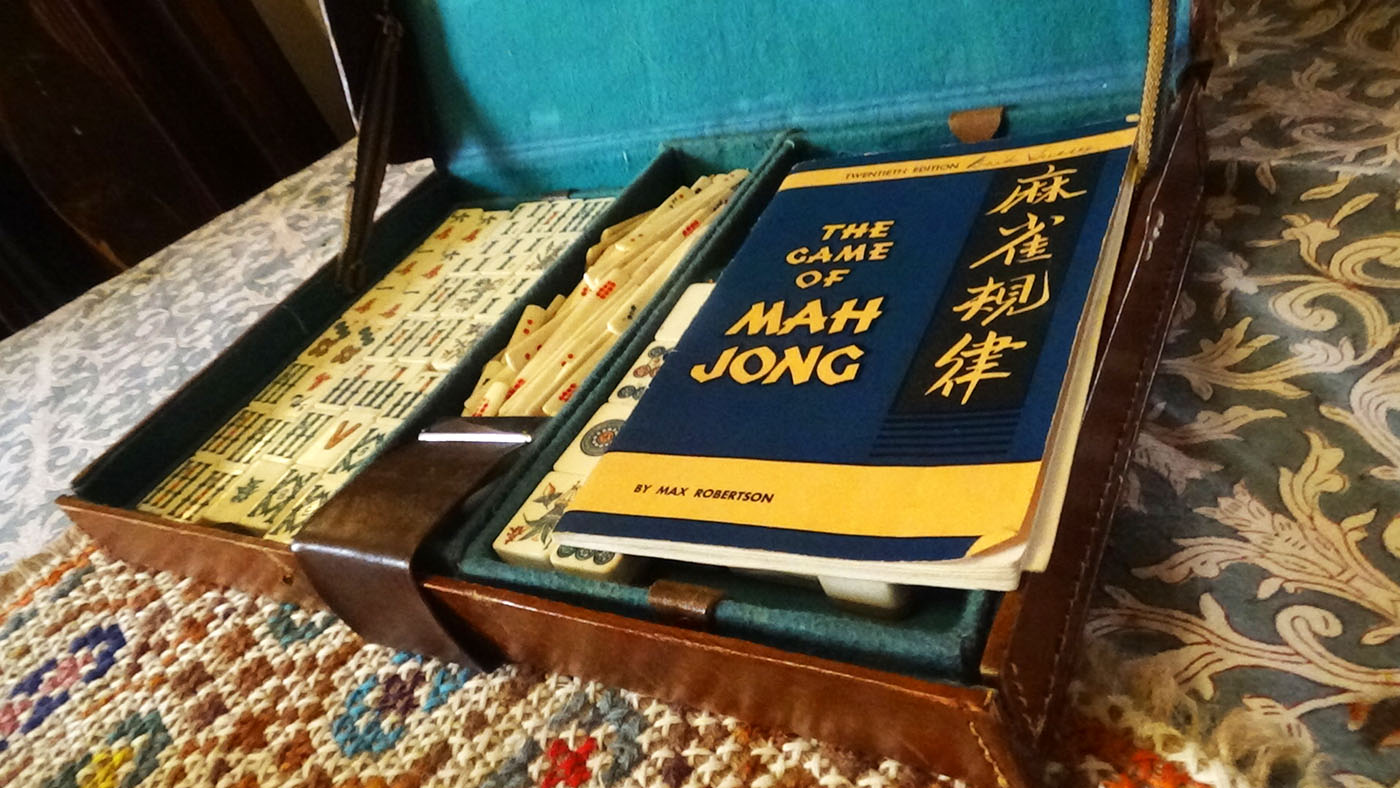
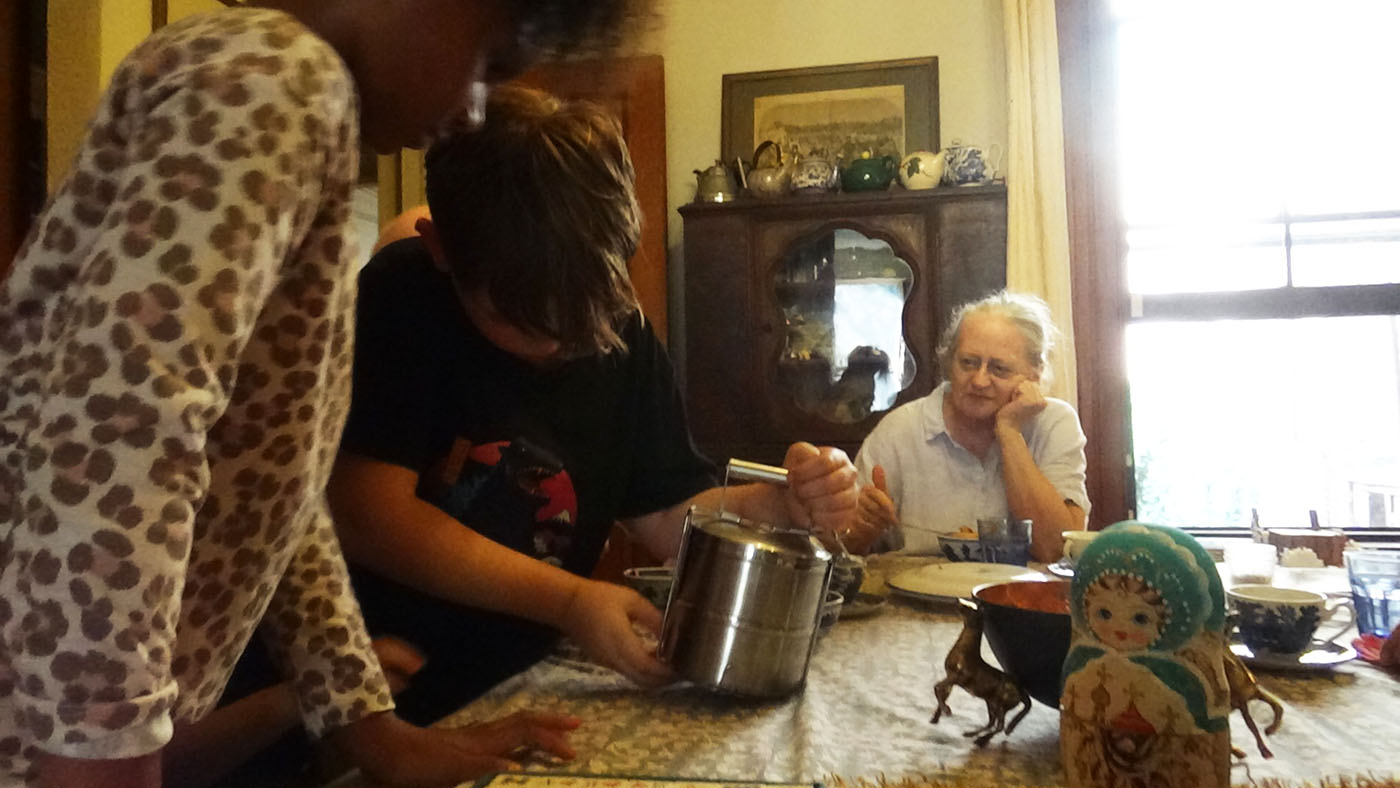
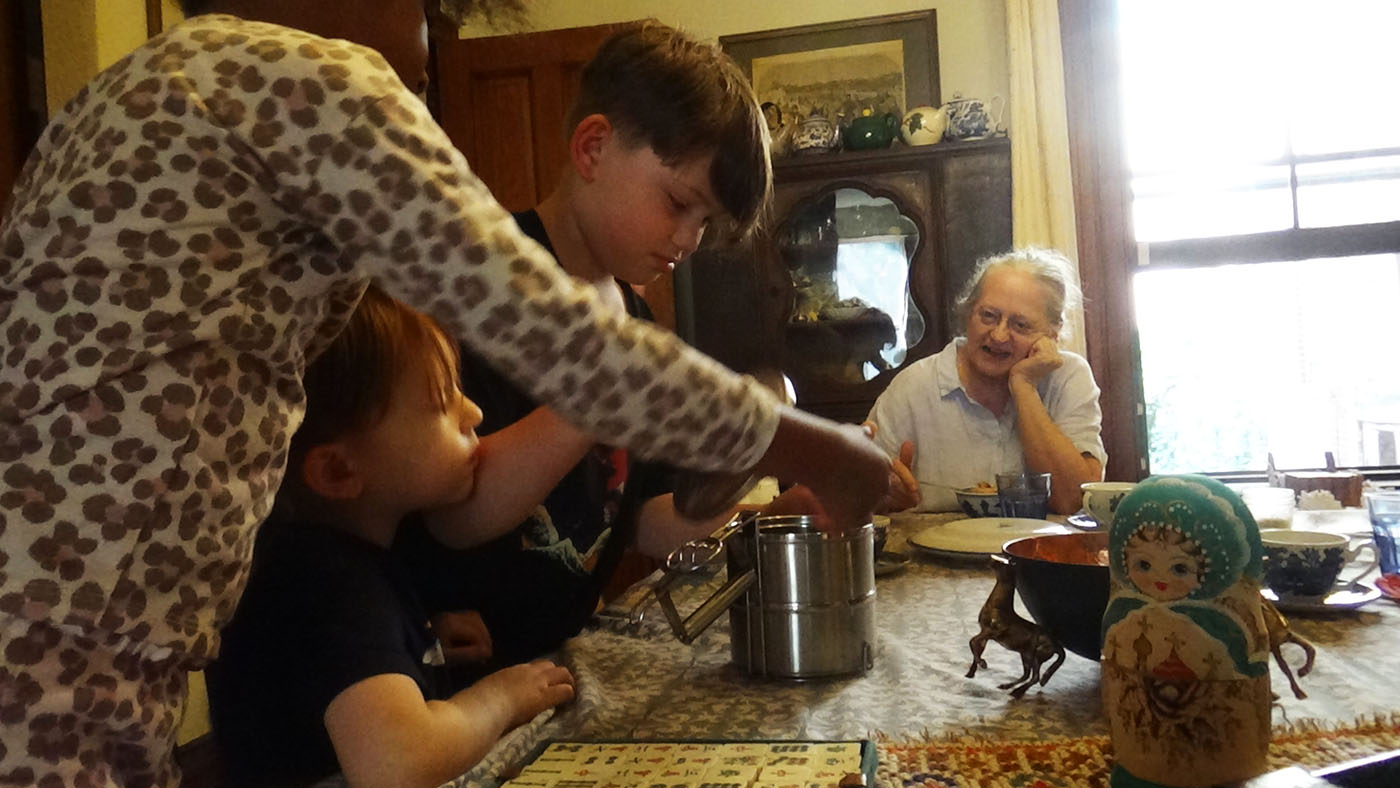
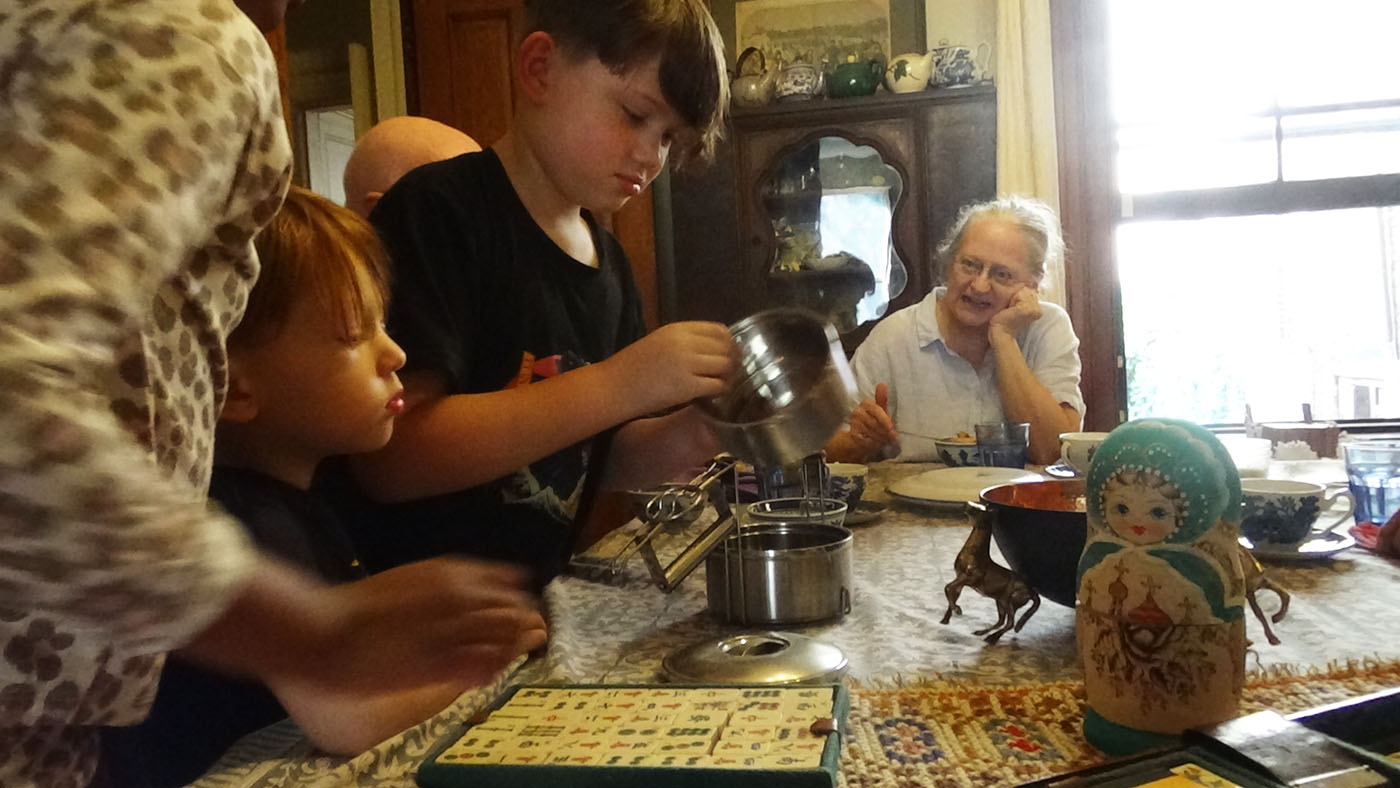

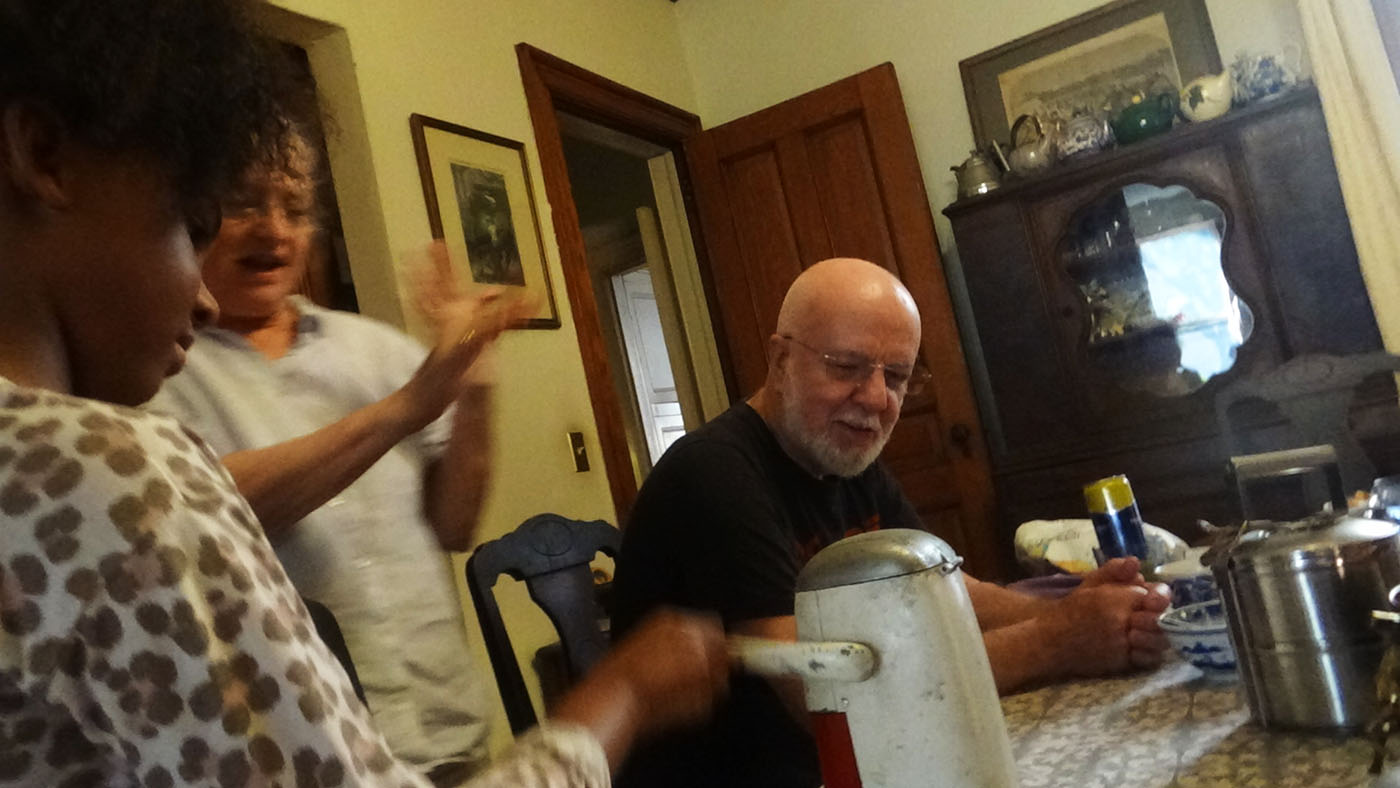
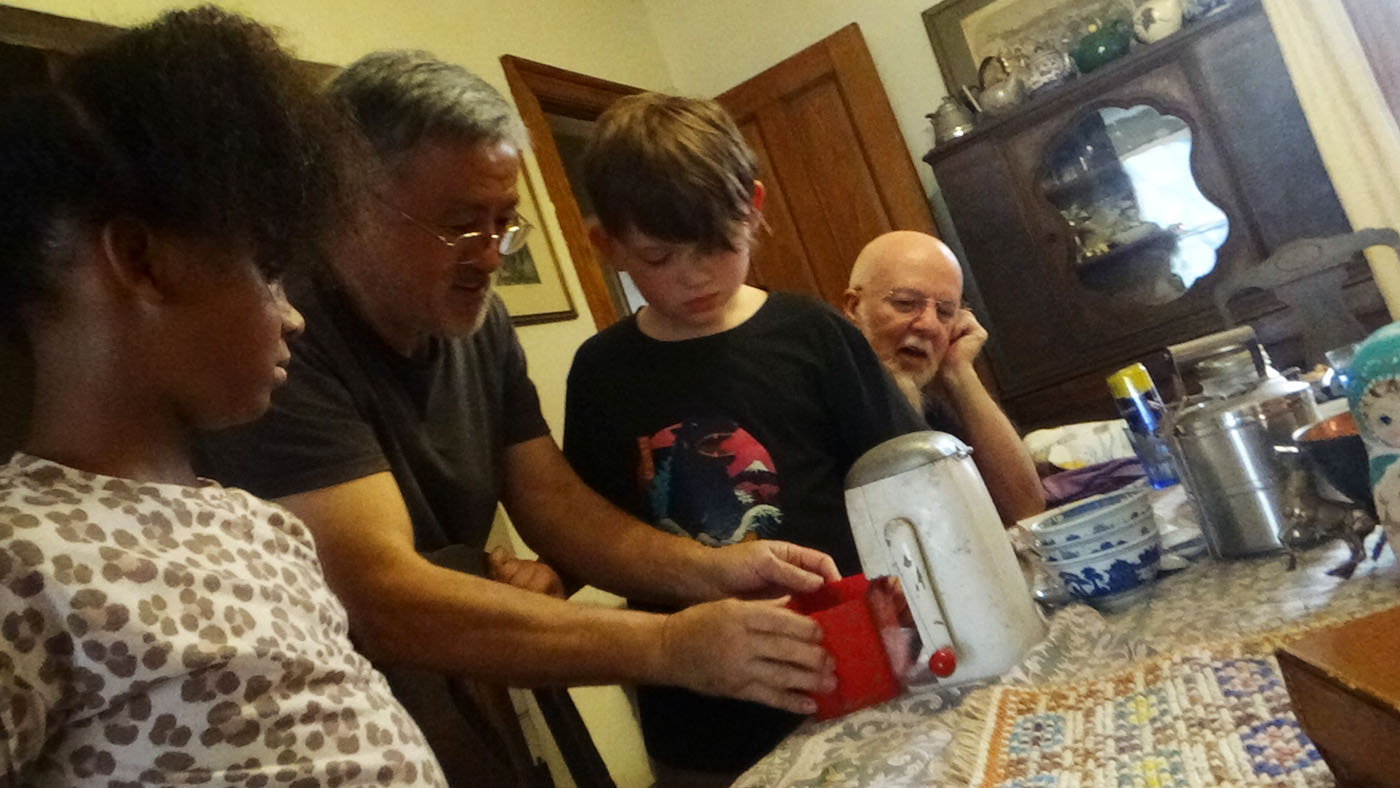
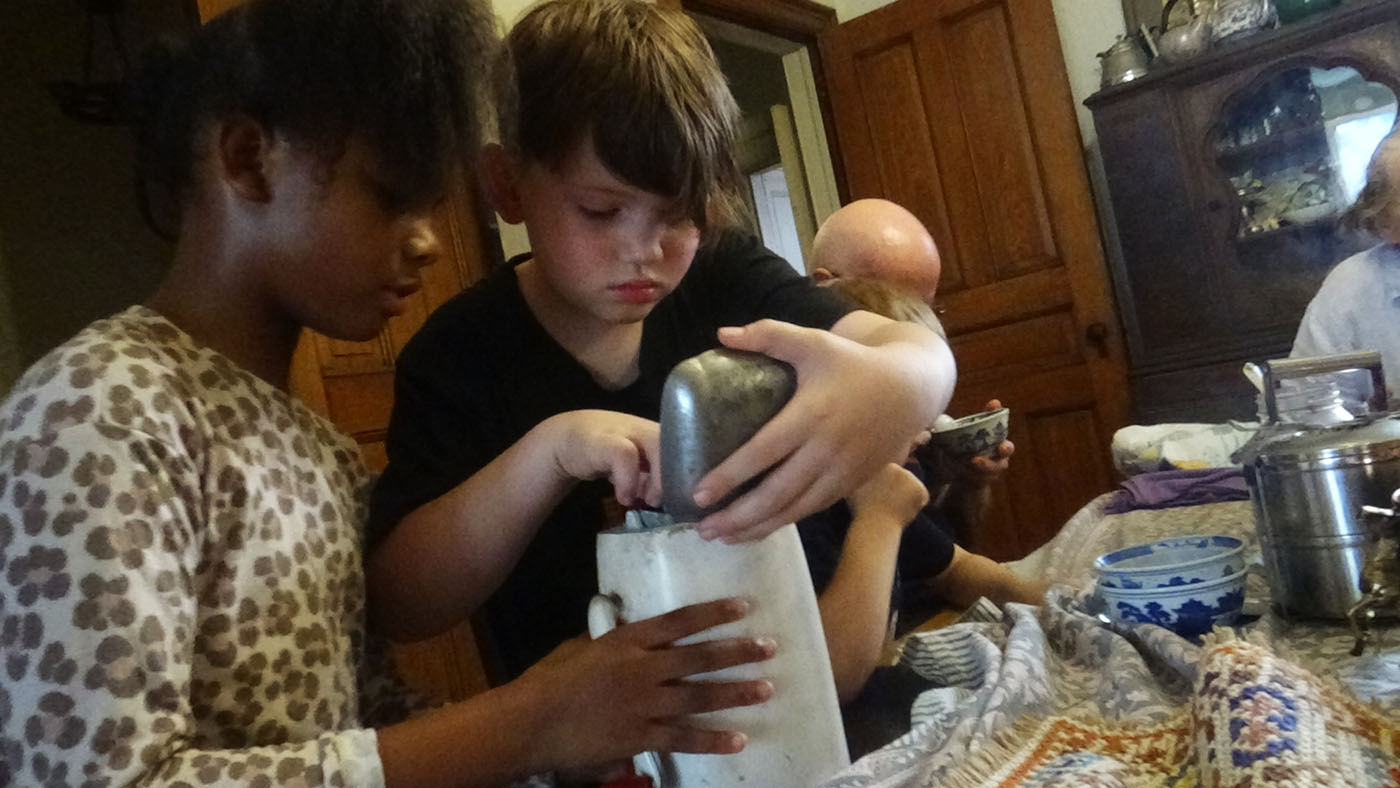
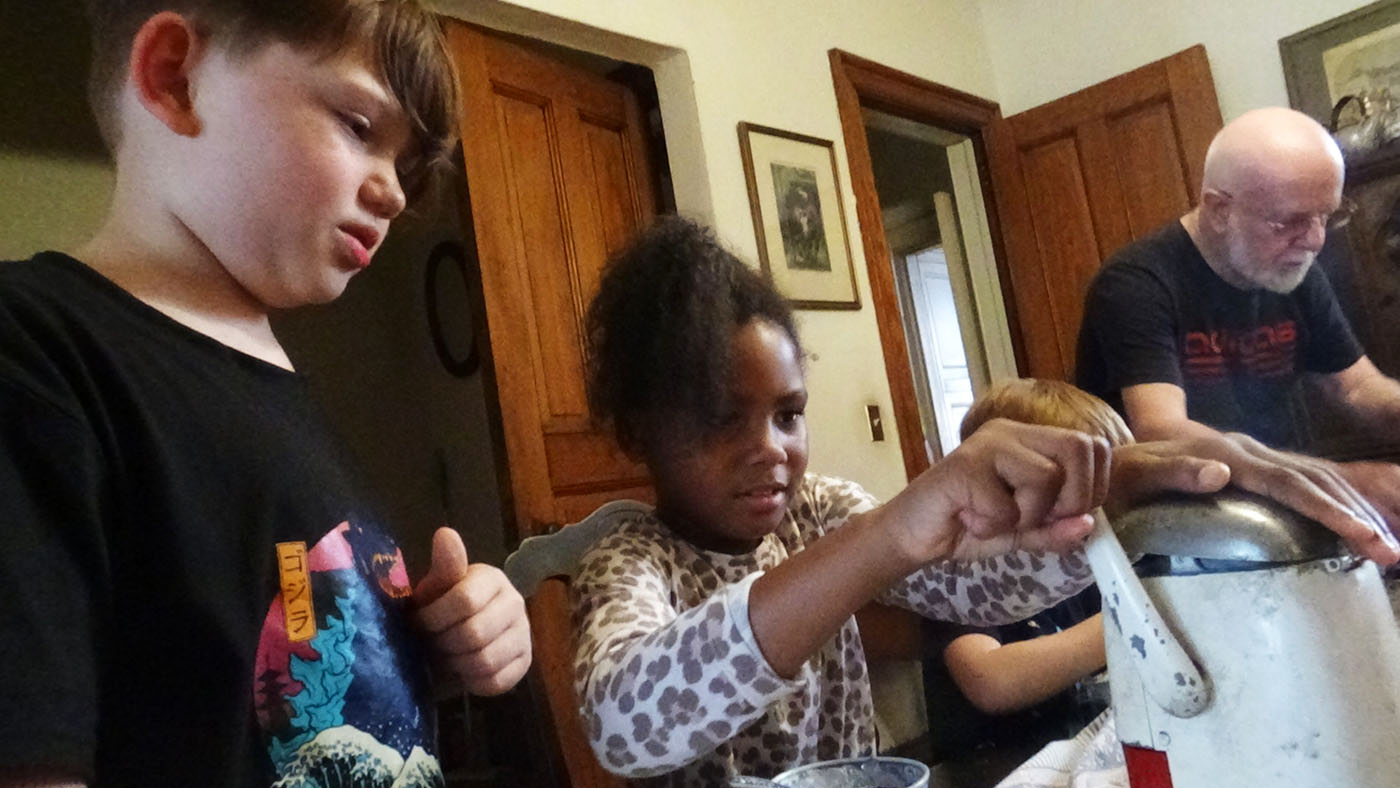
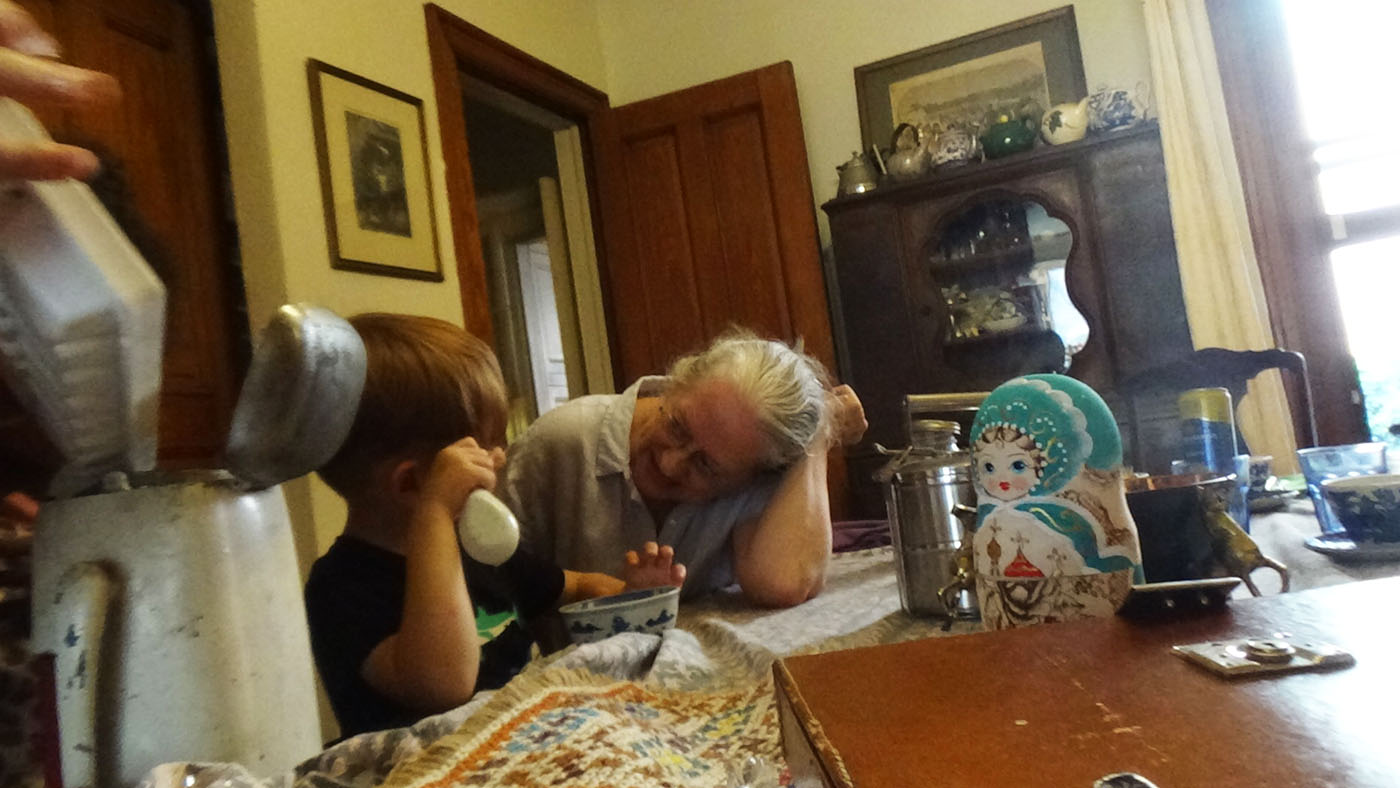

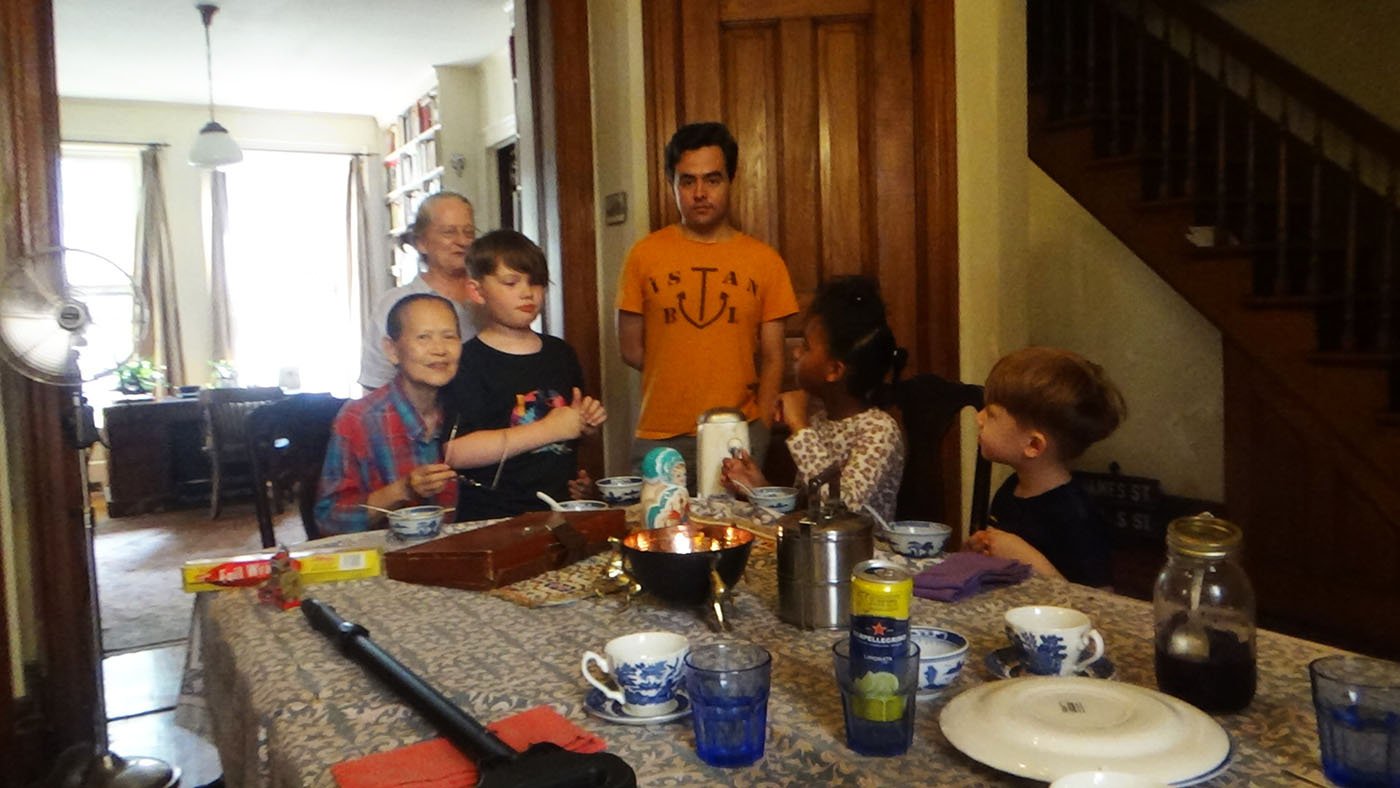

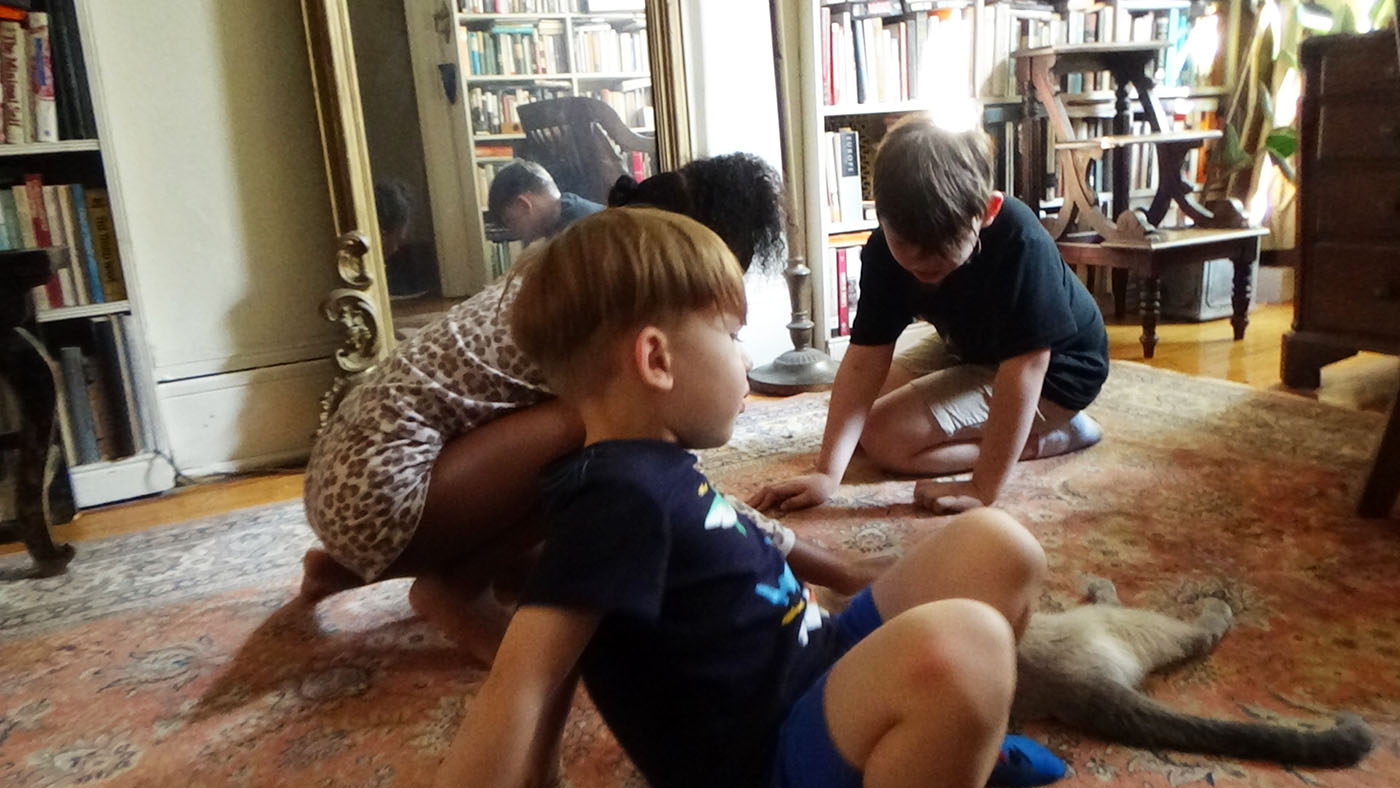









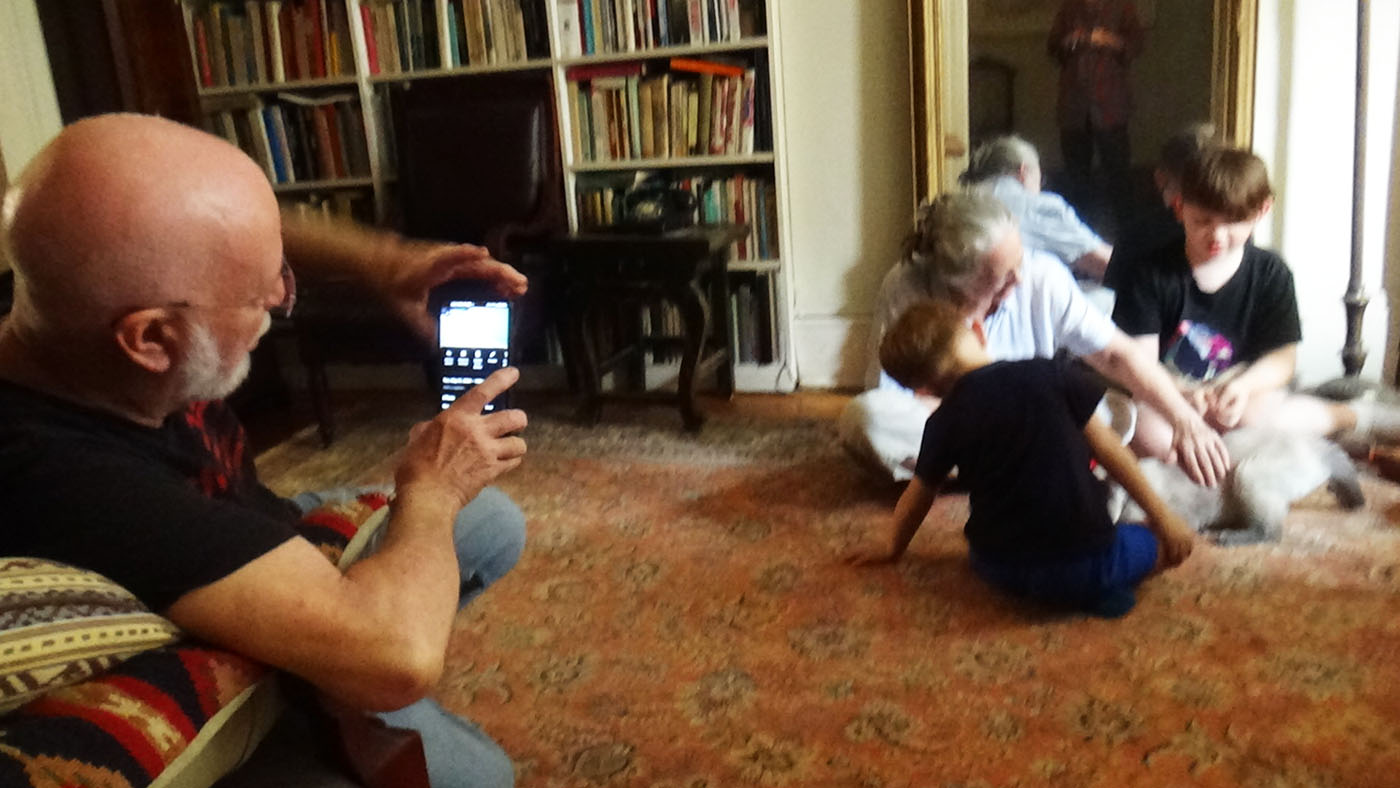

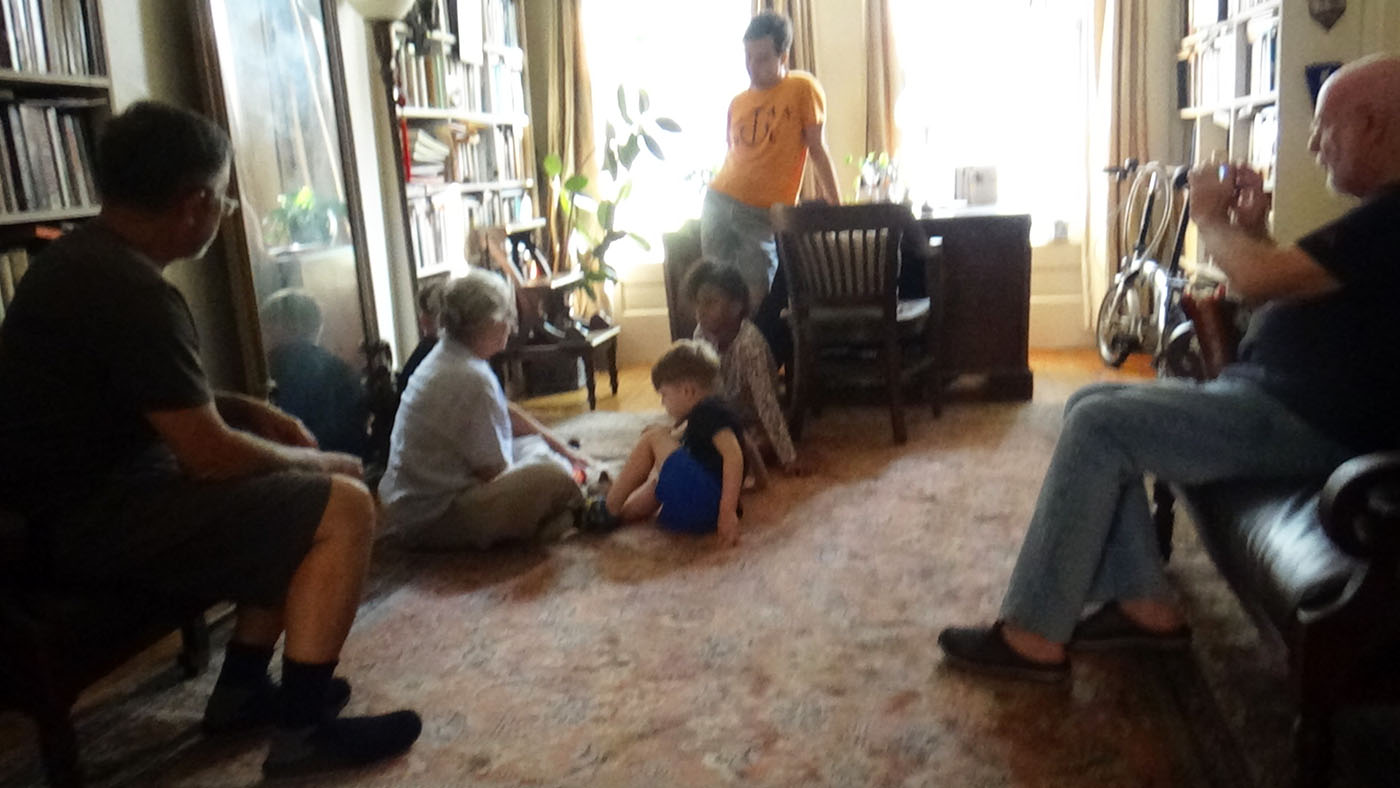



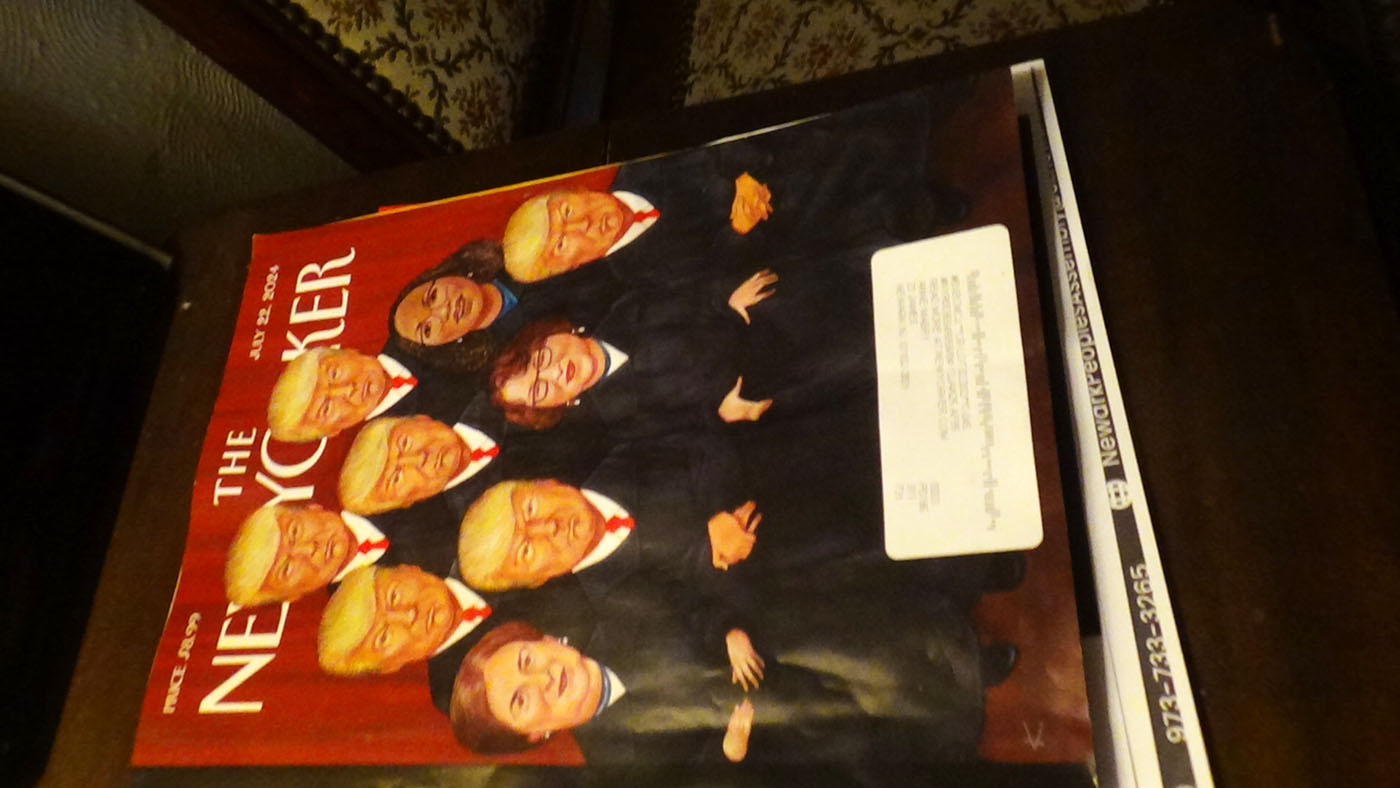
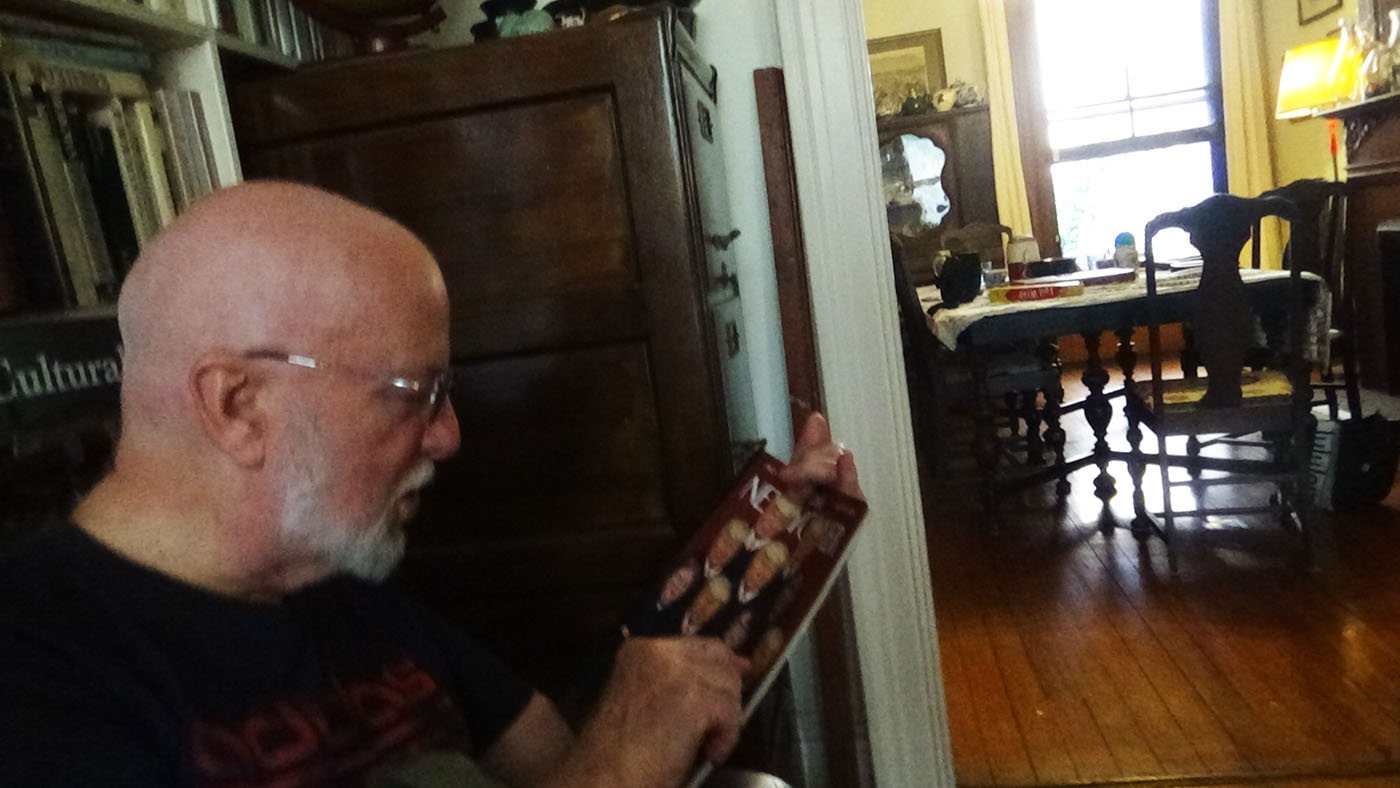
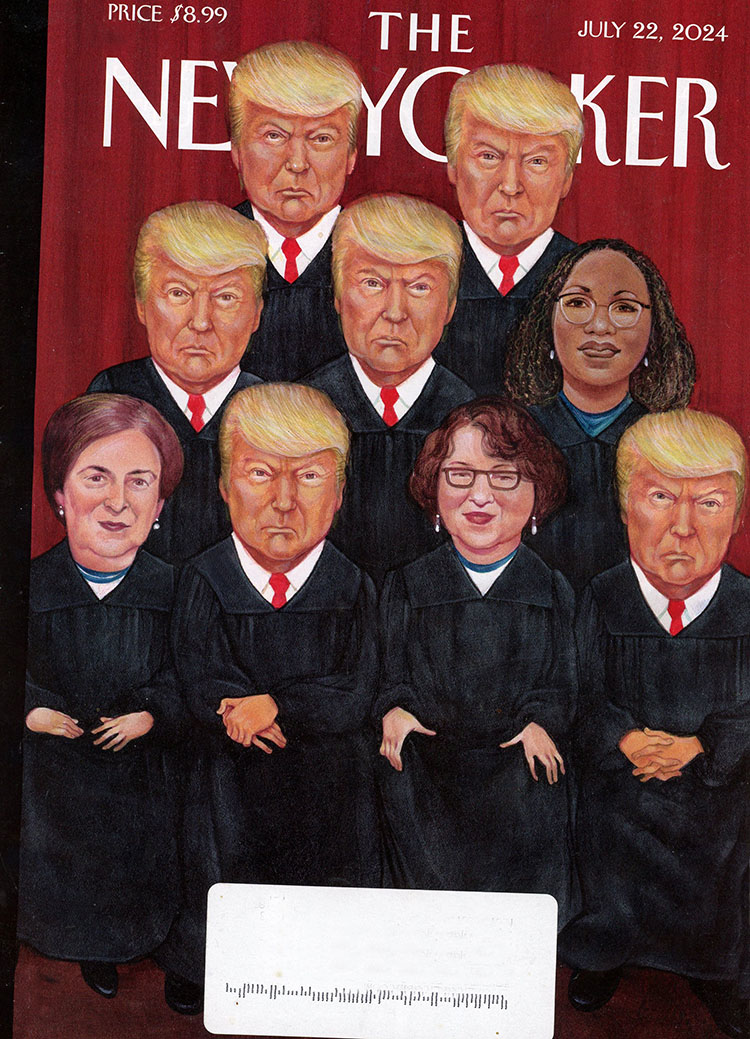
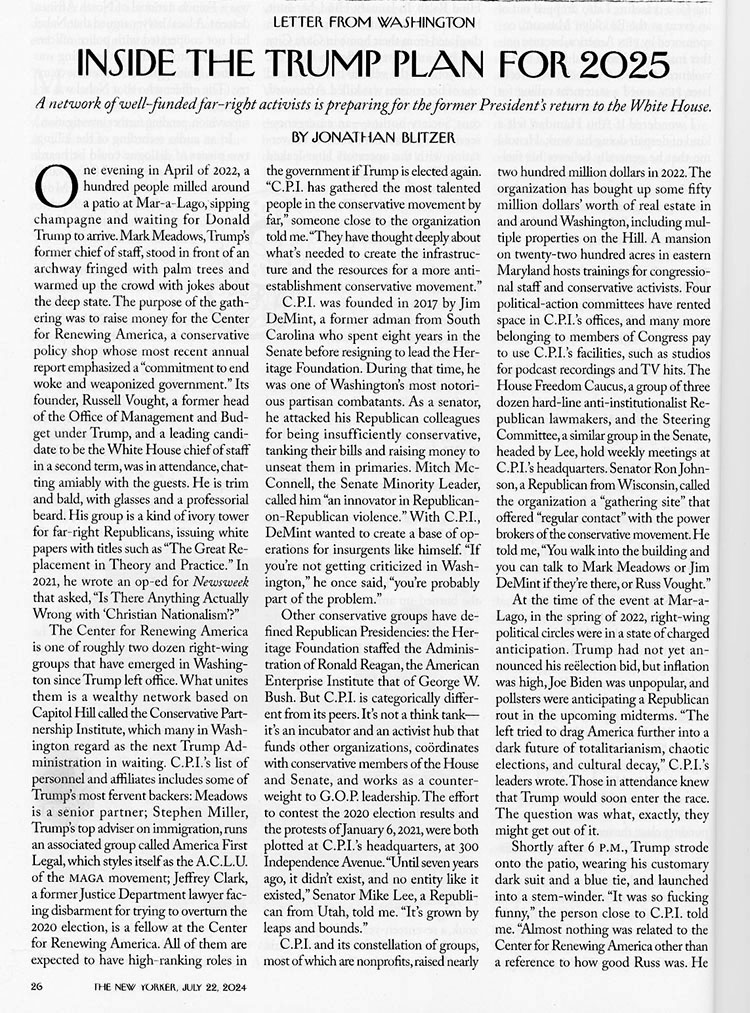
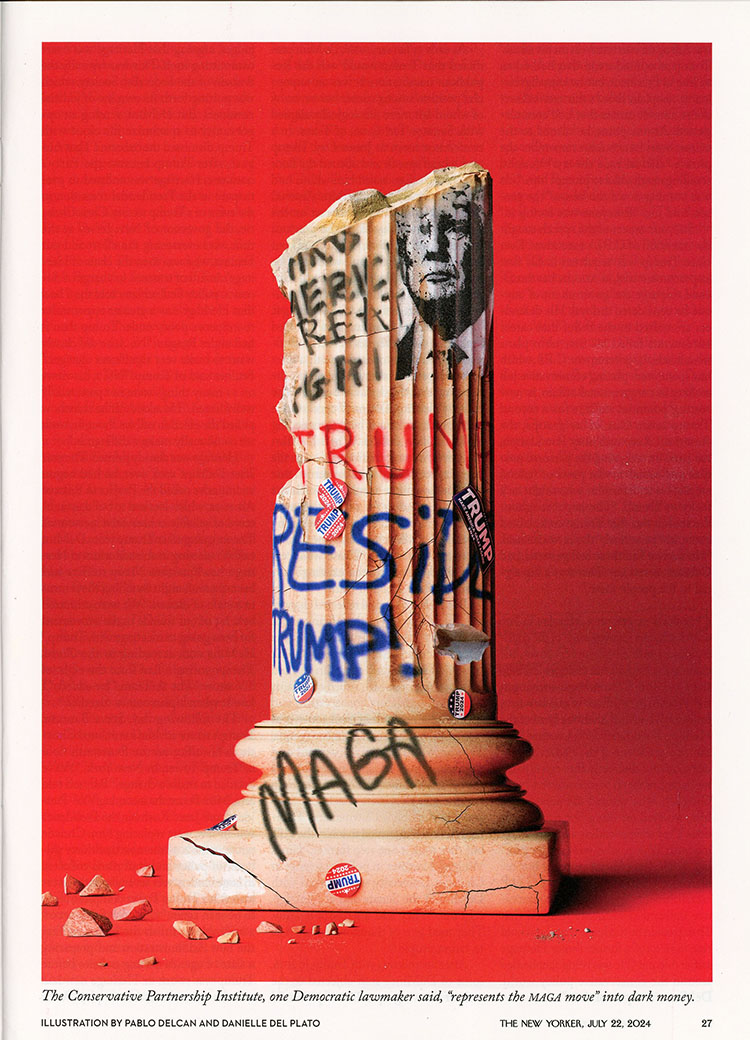
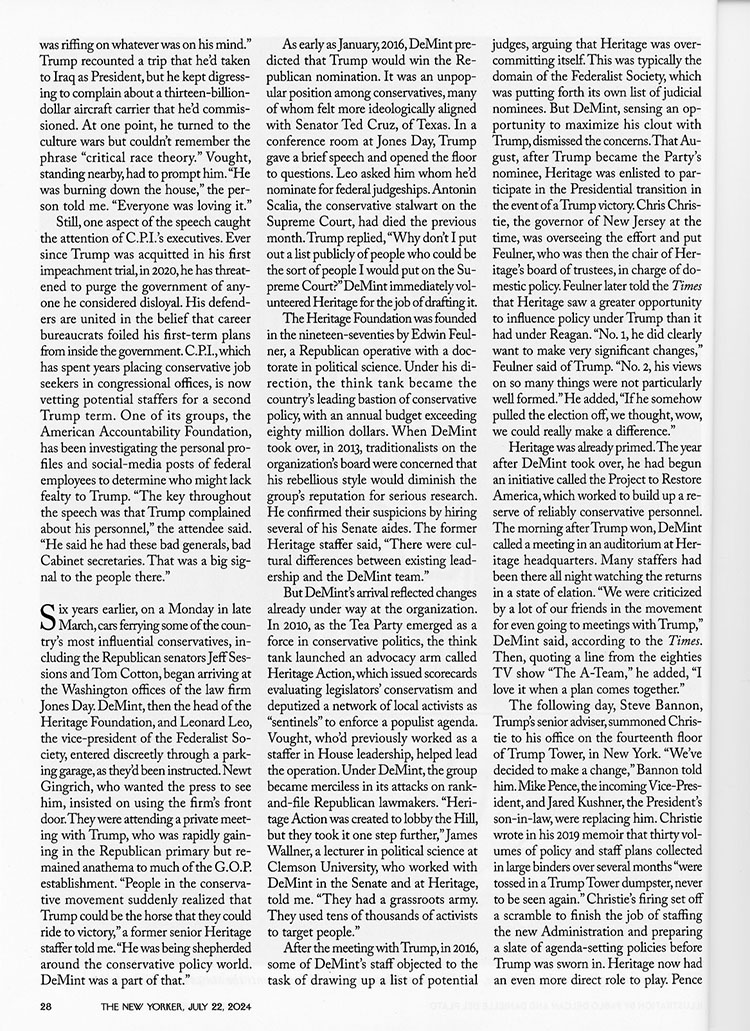

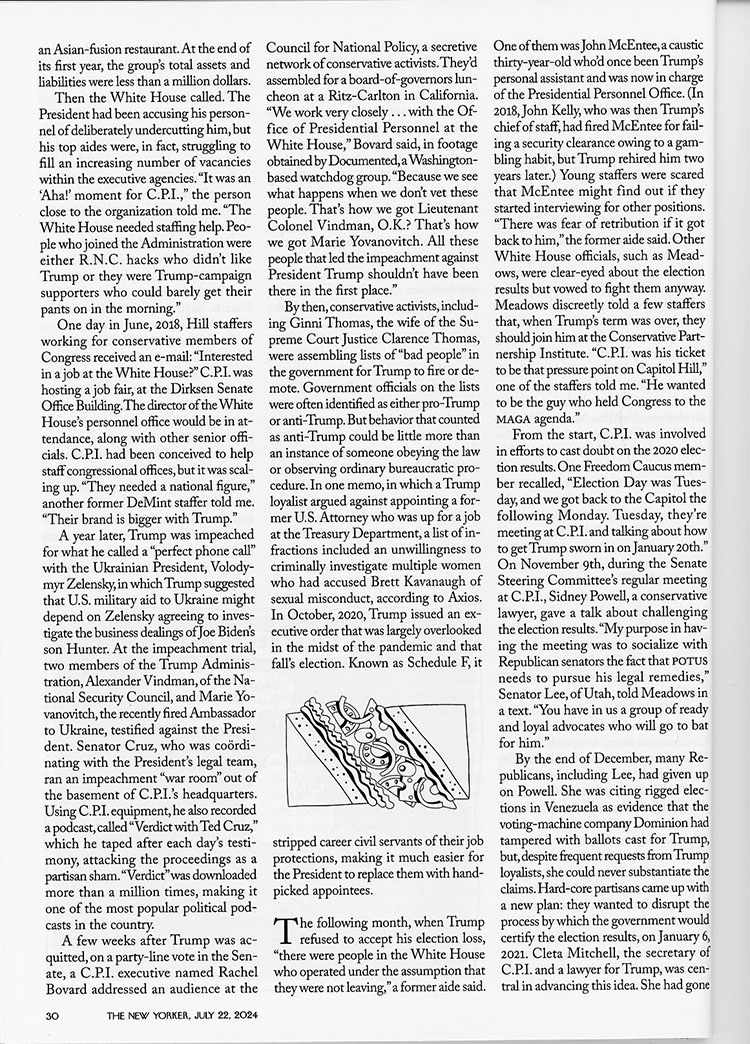
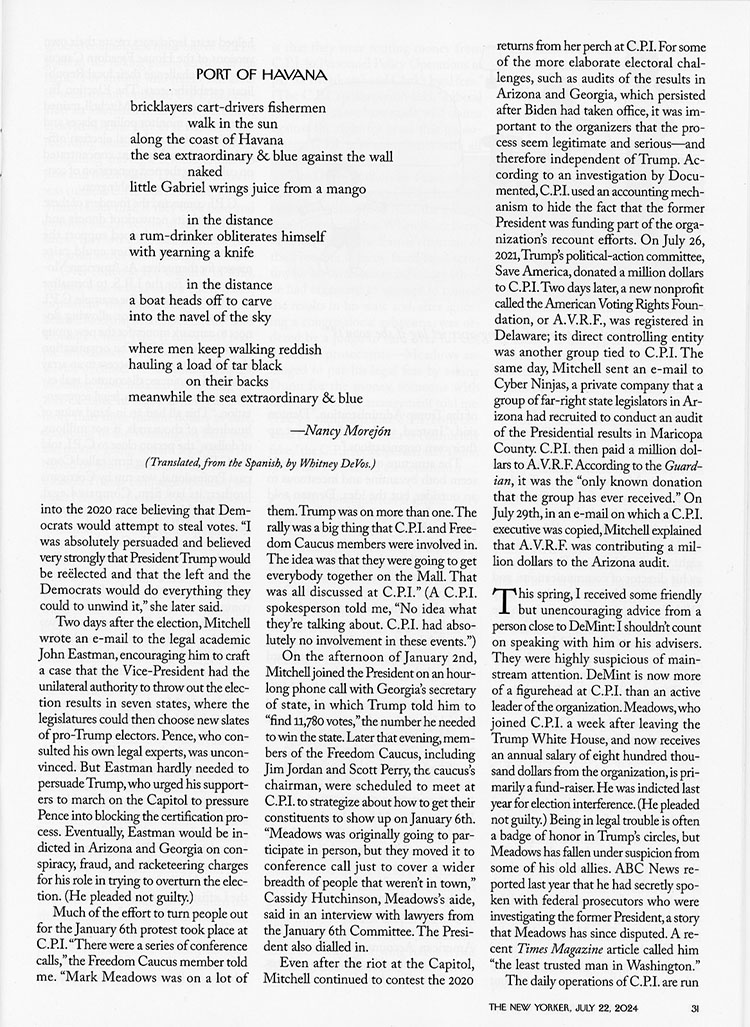
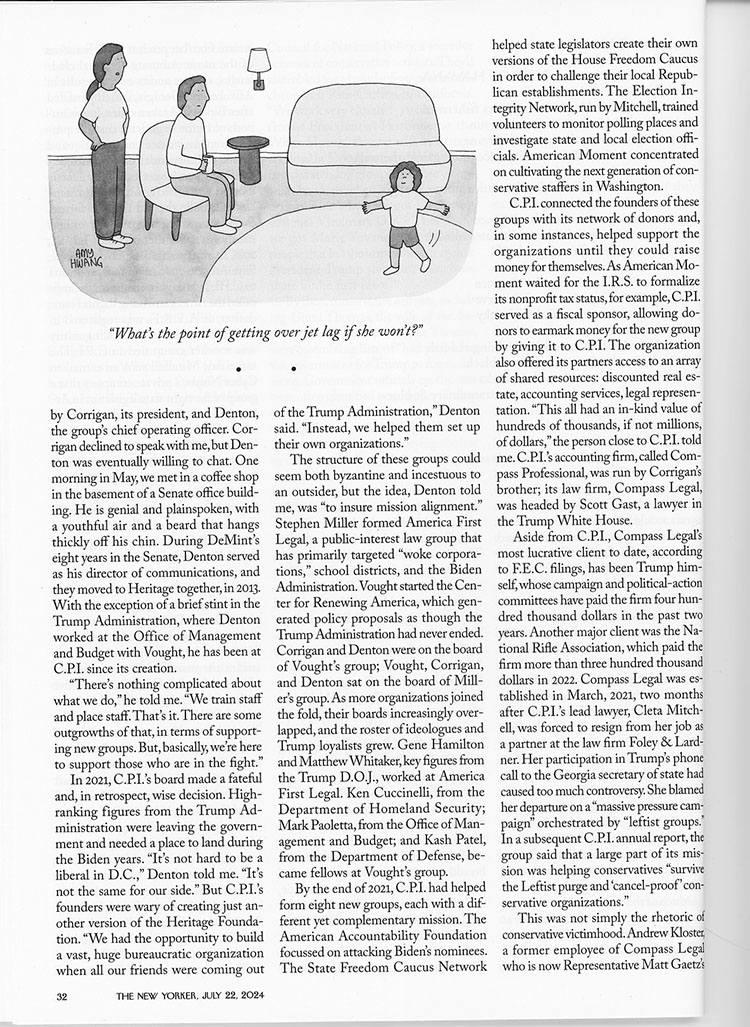
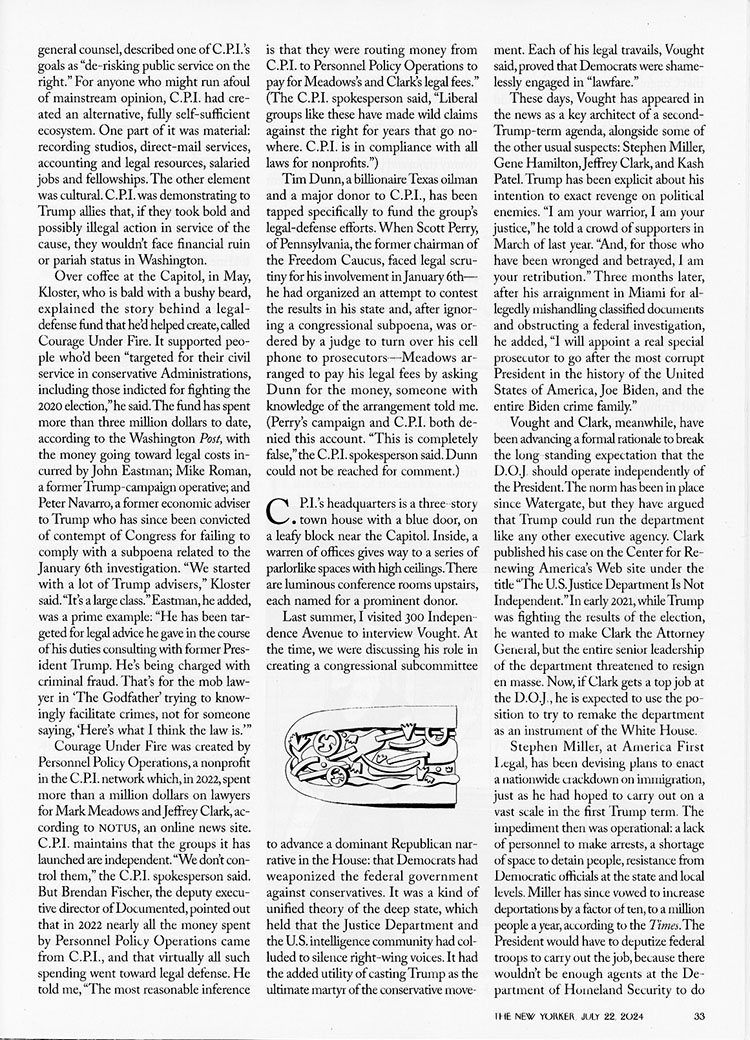
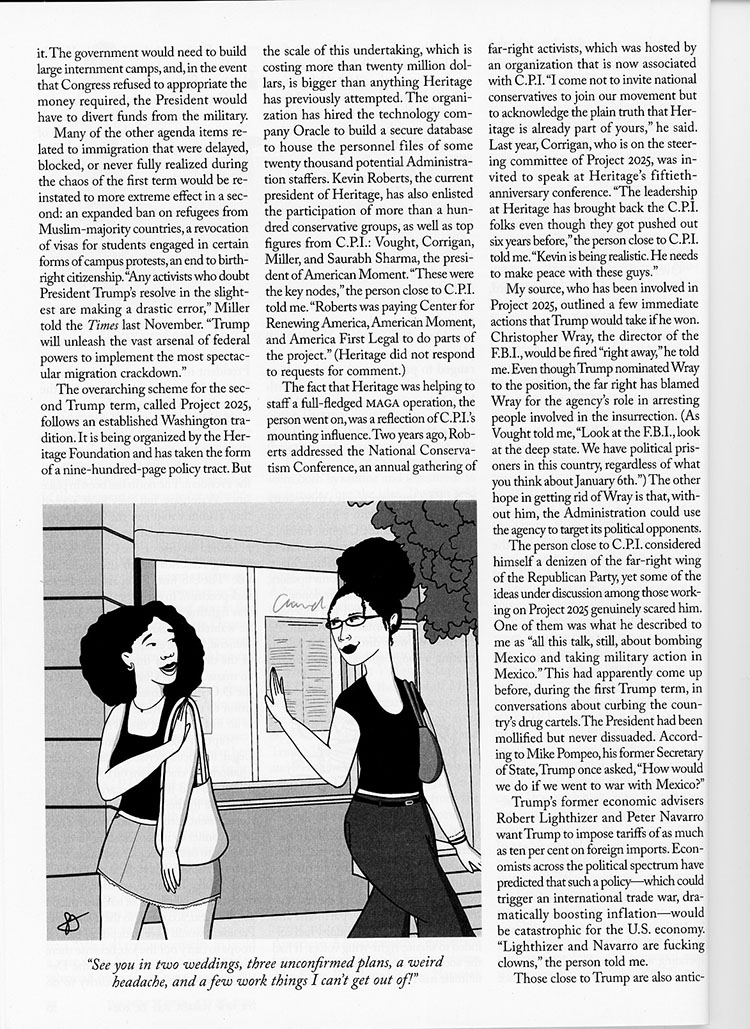
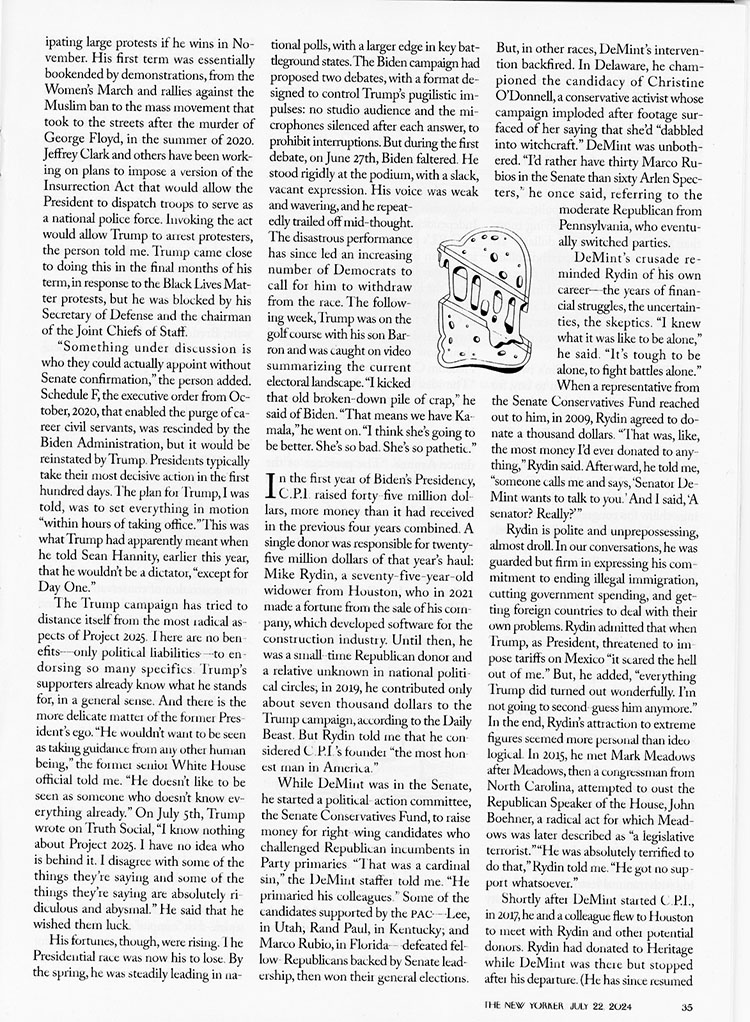
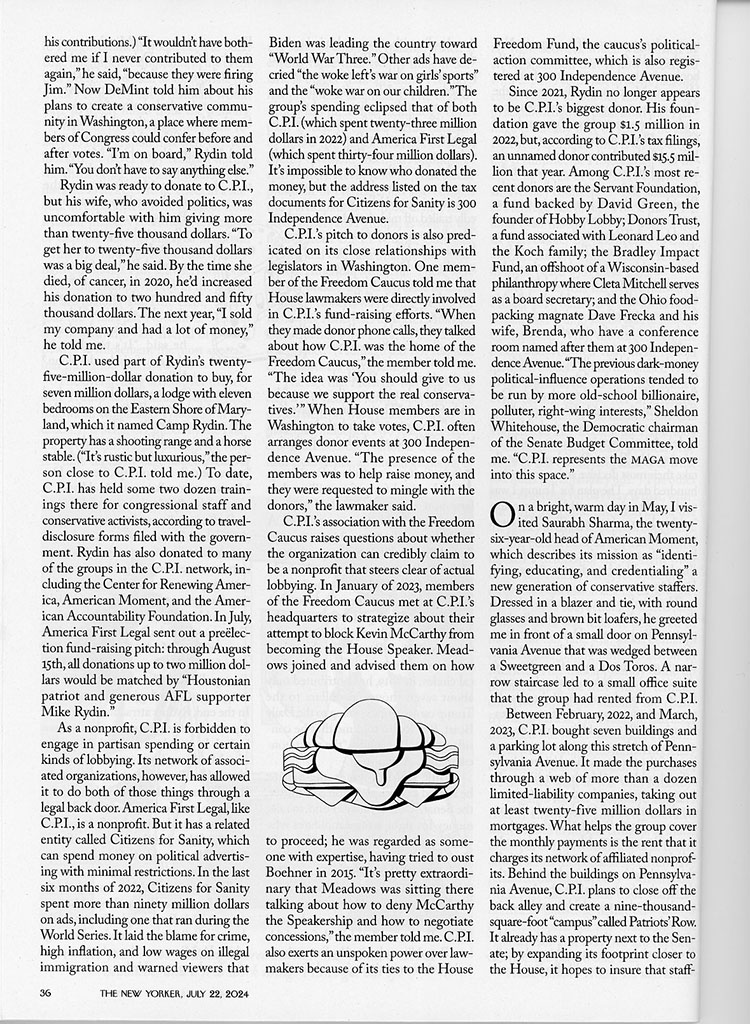
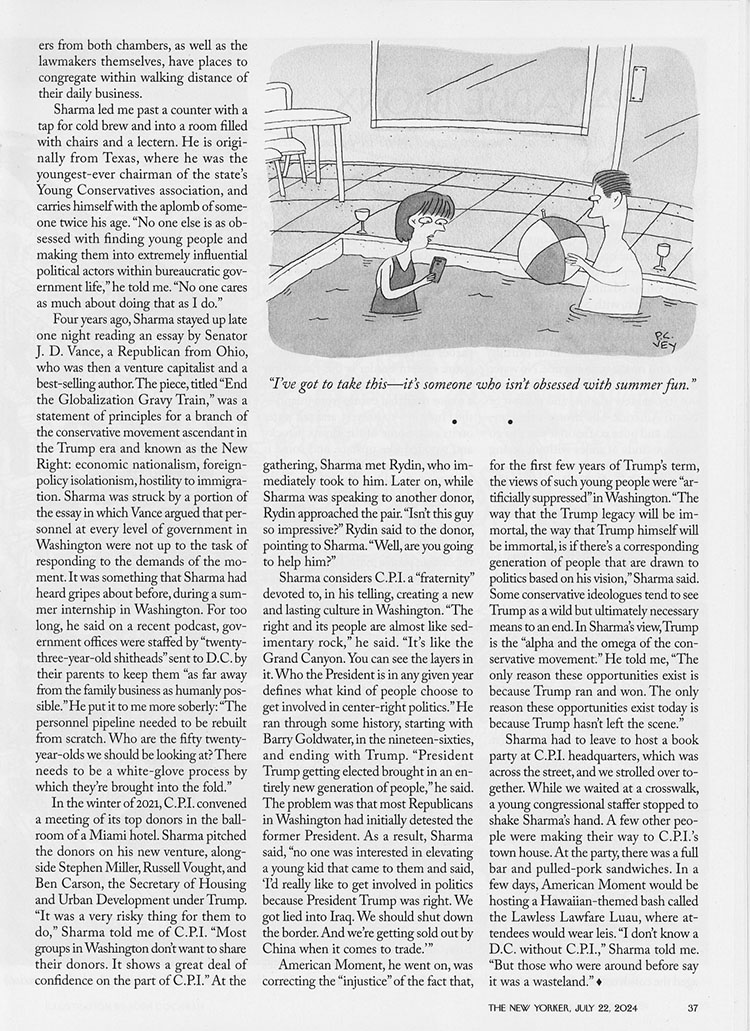
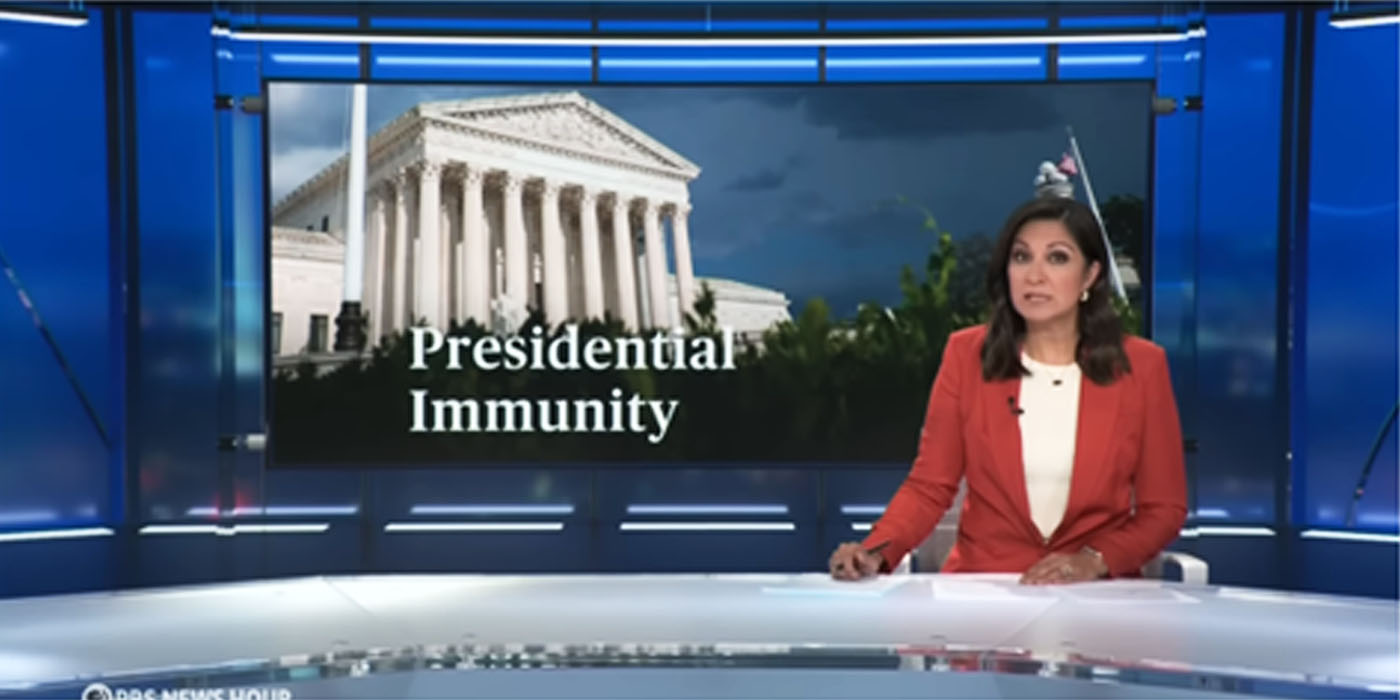
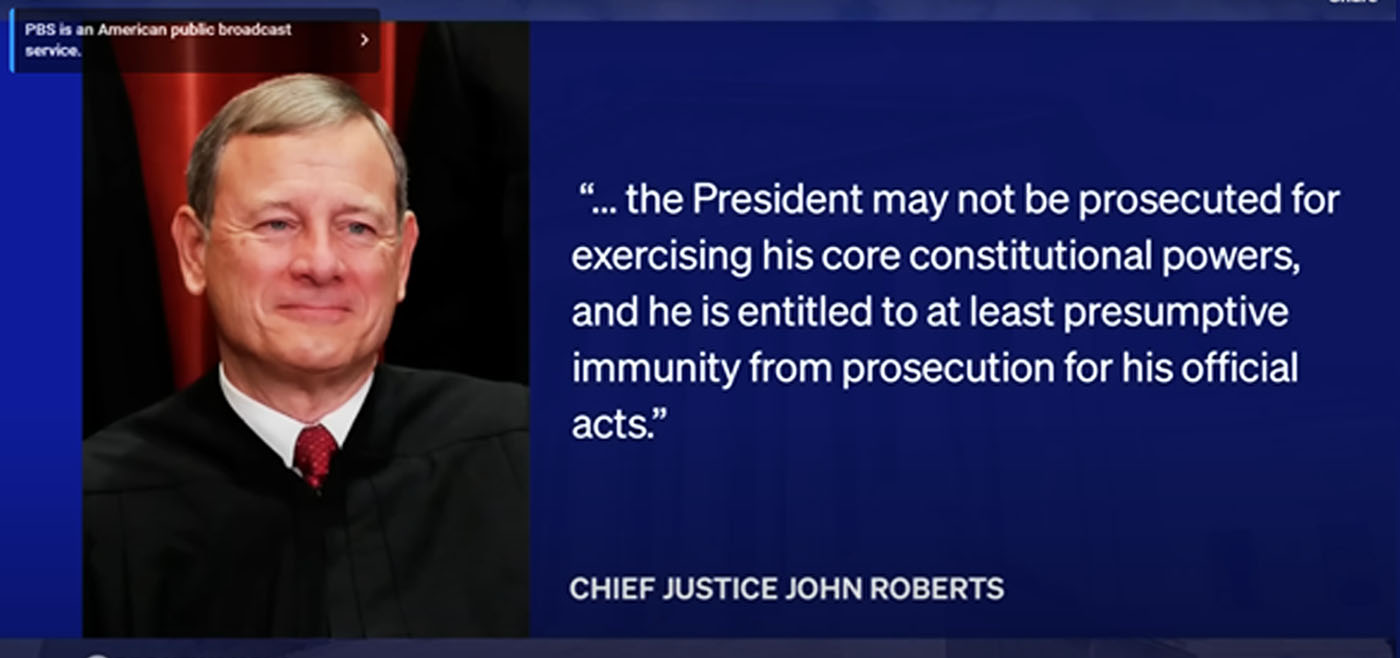
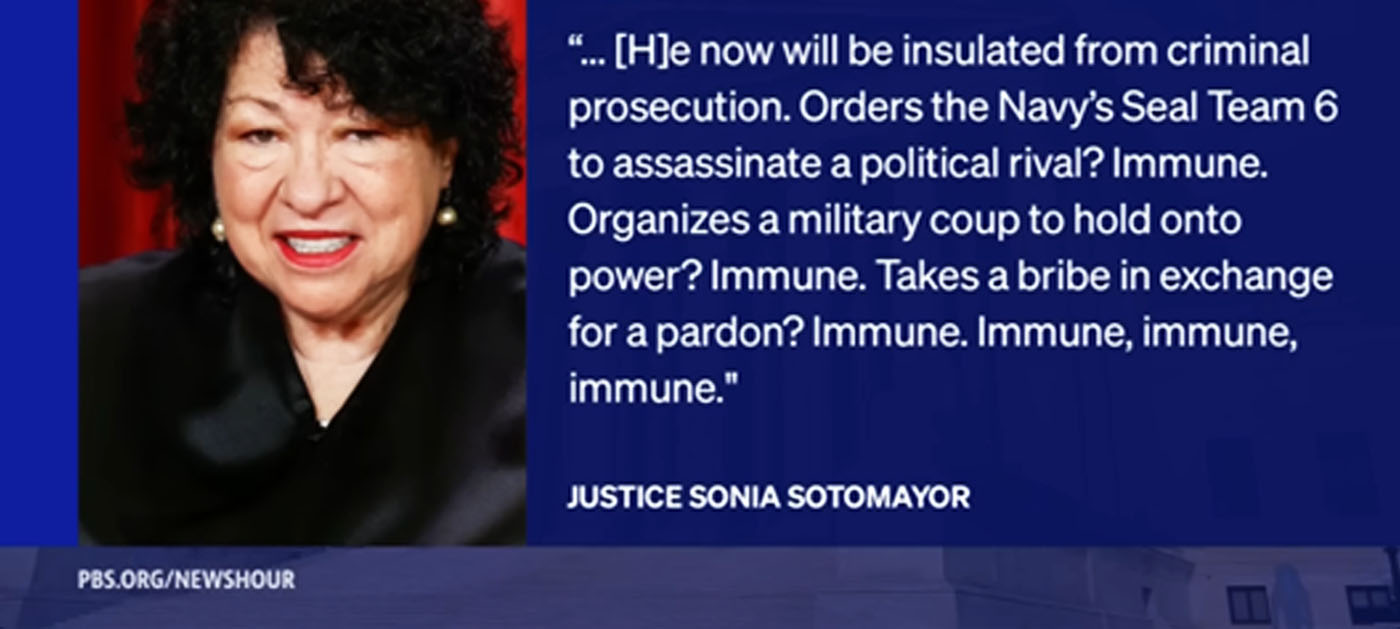
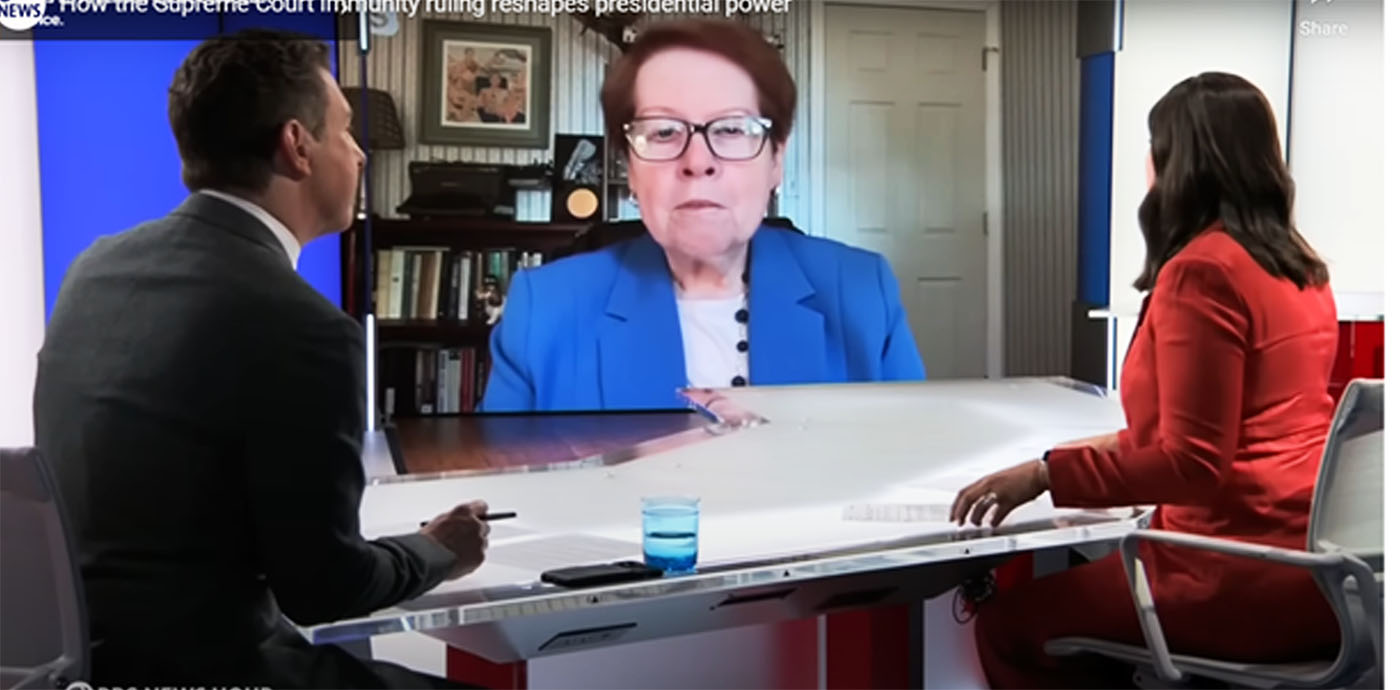
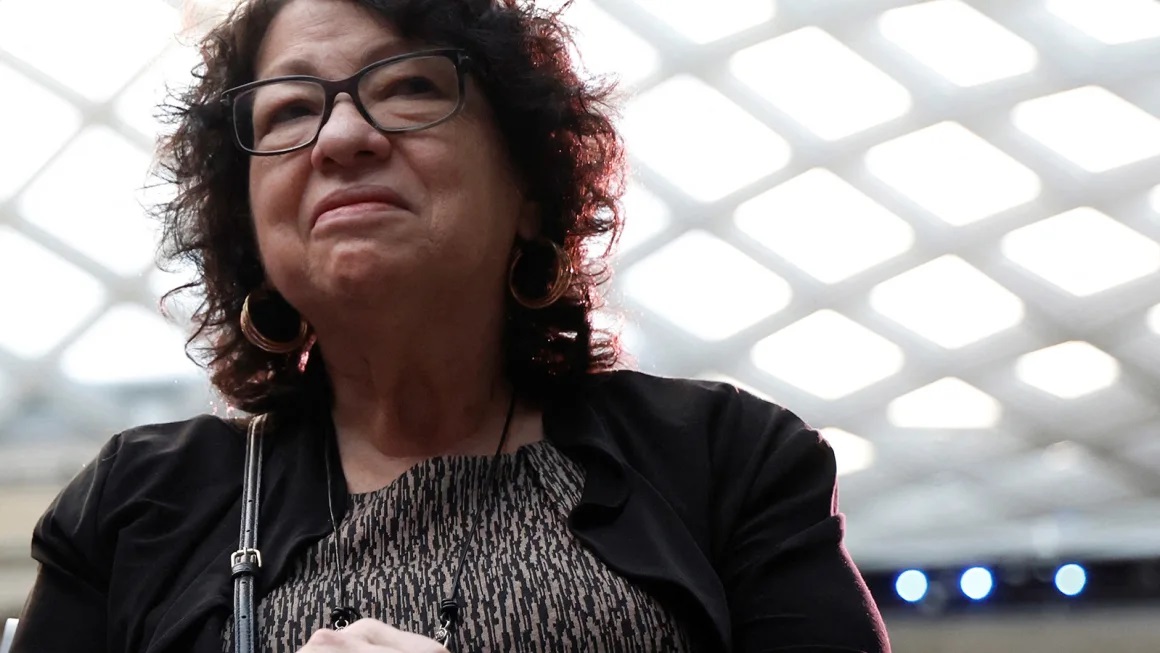
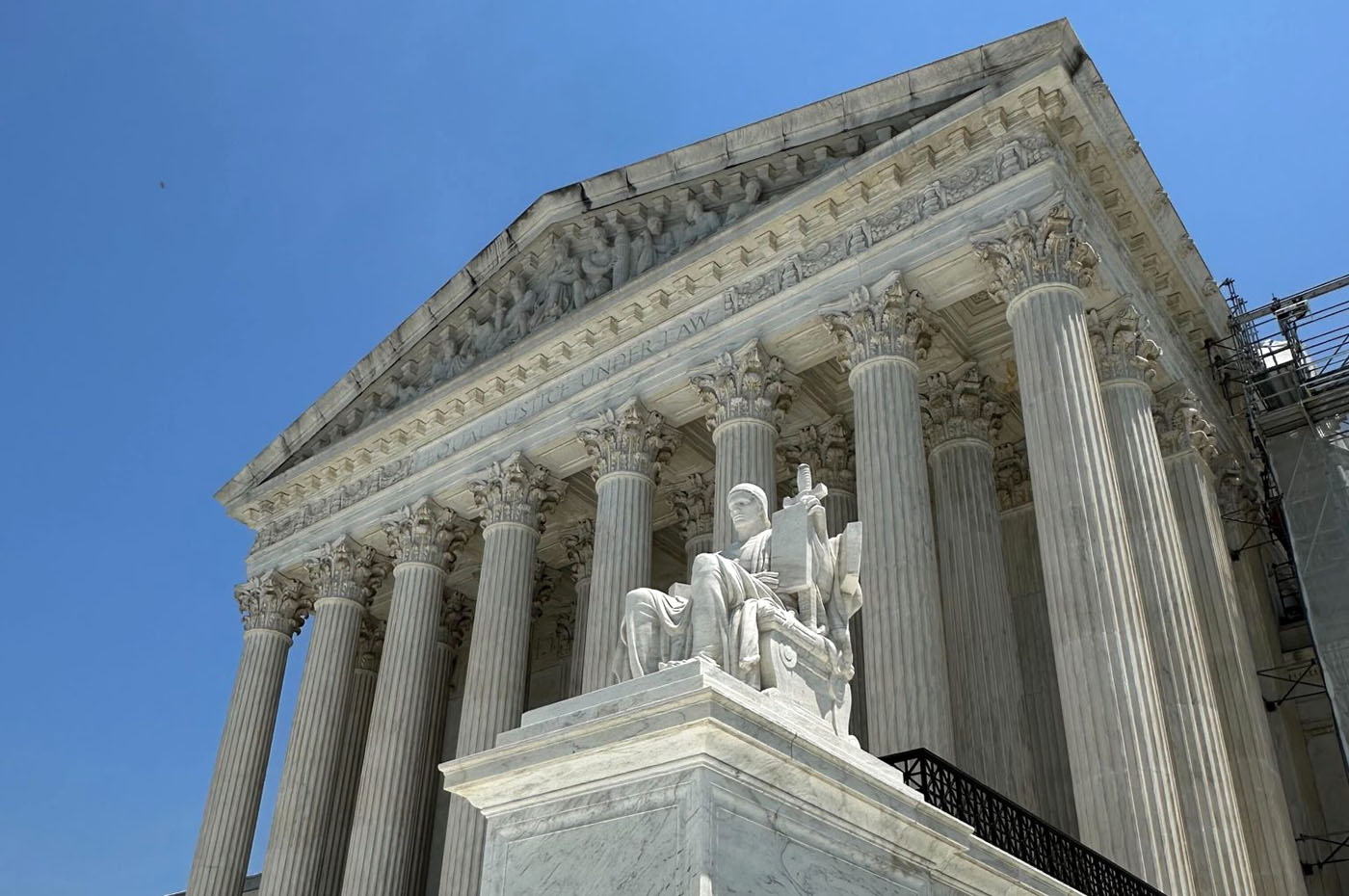

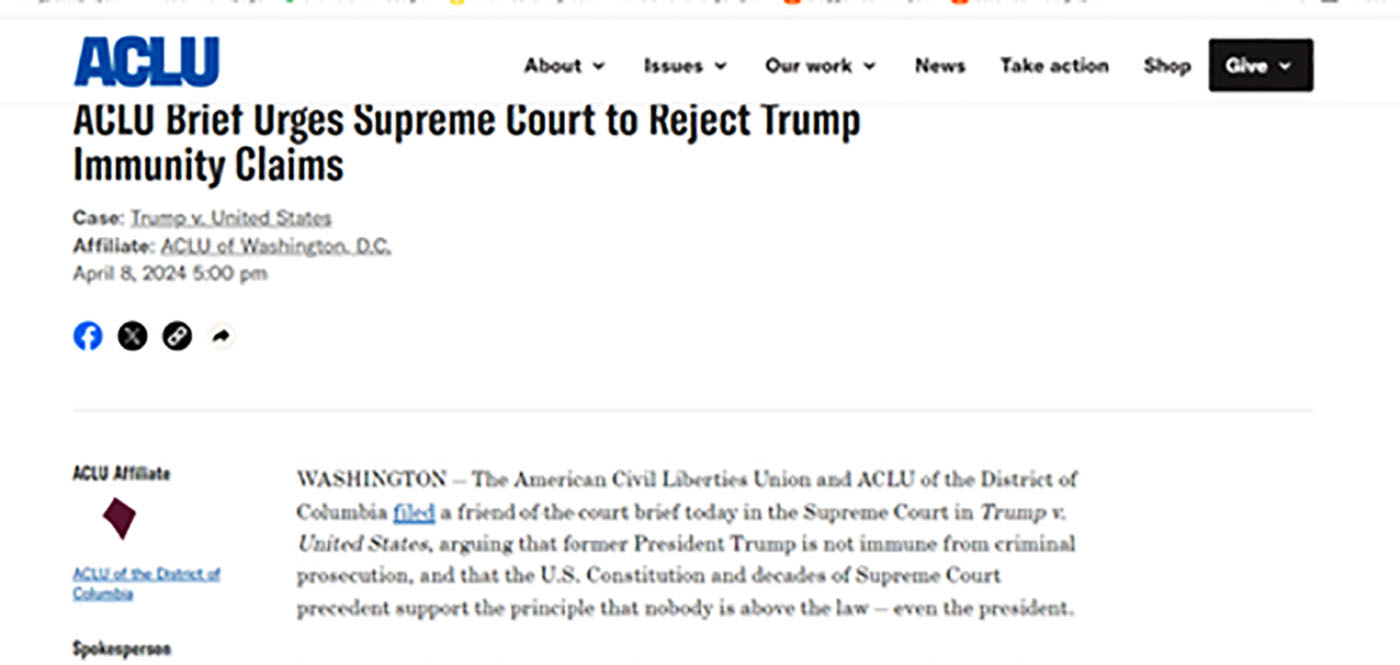


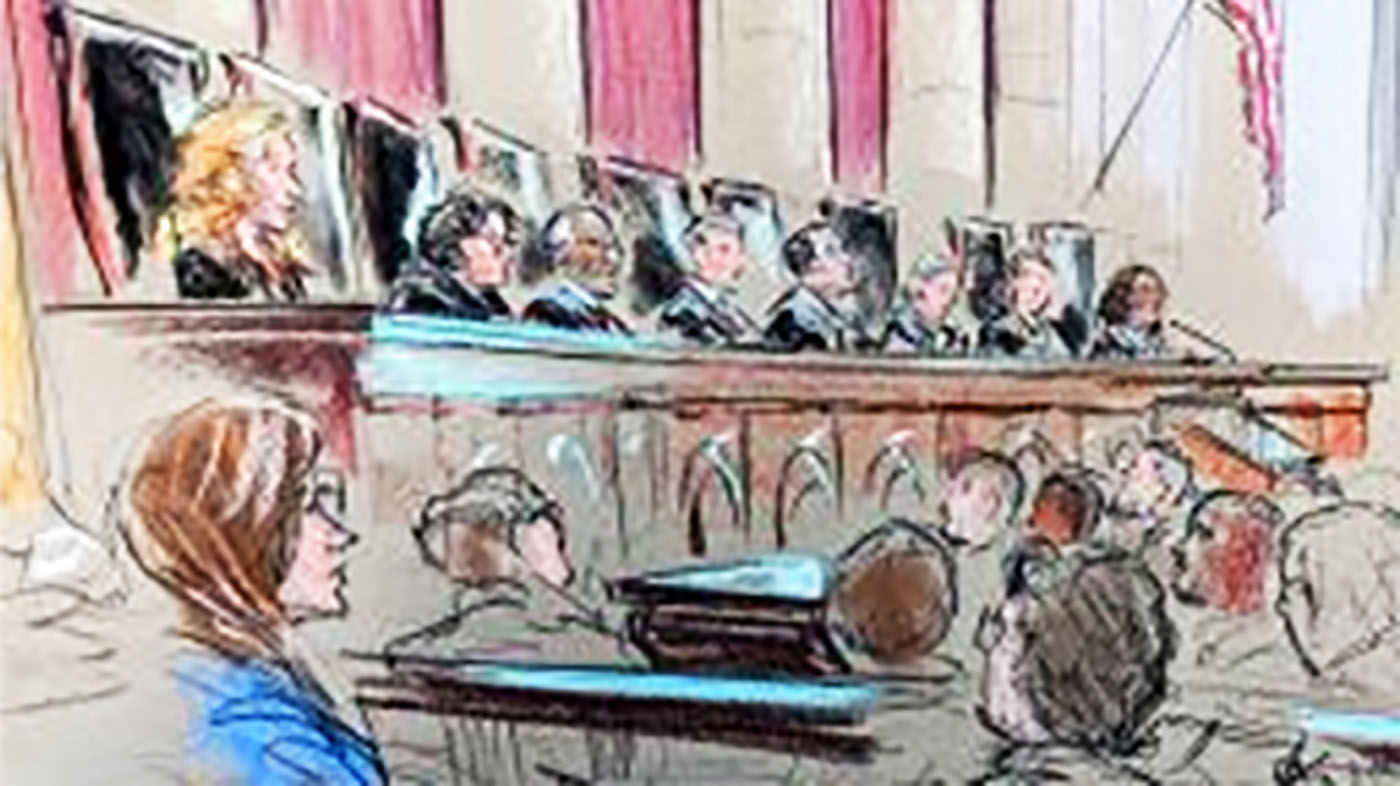
Leave a Reply